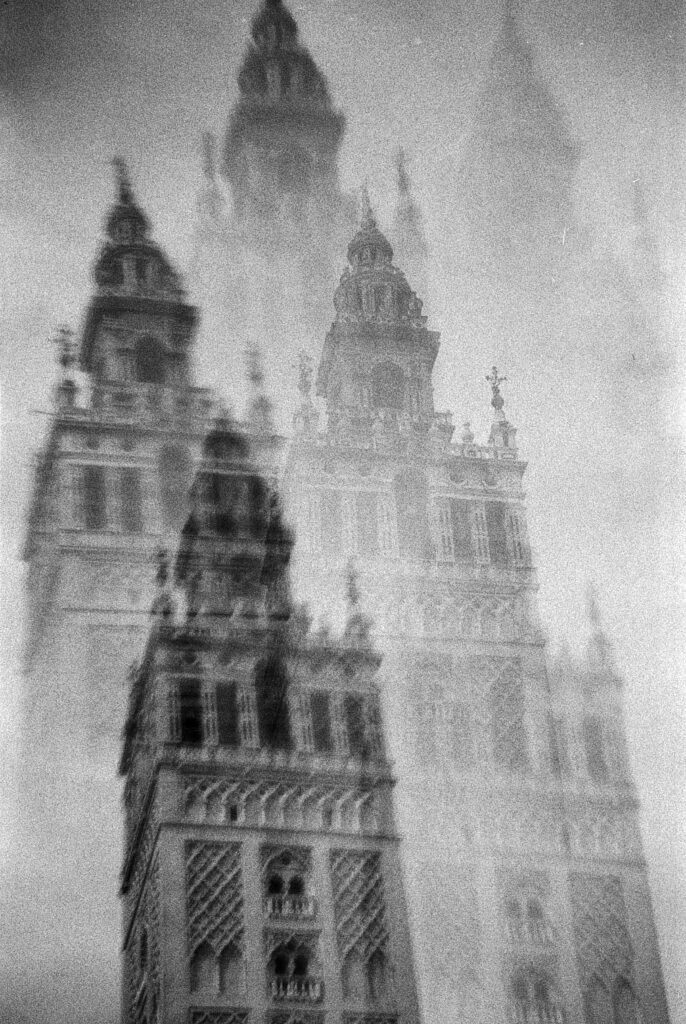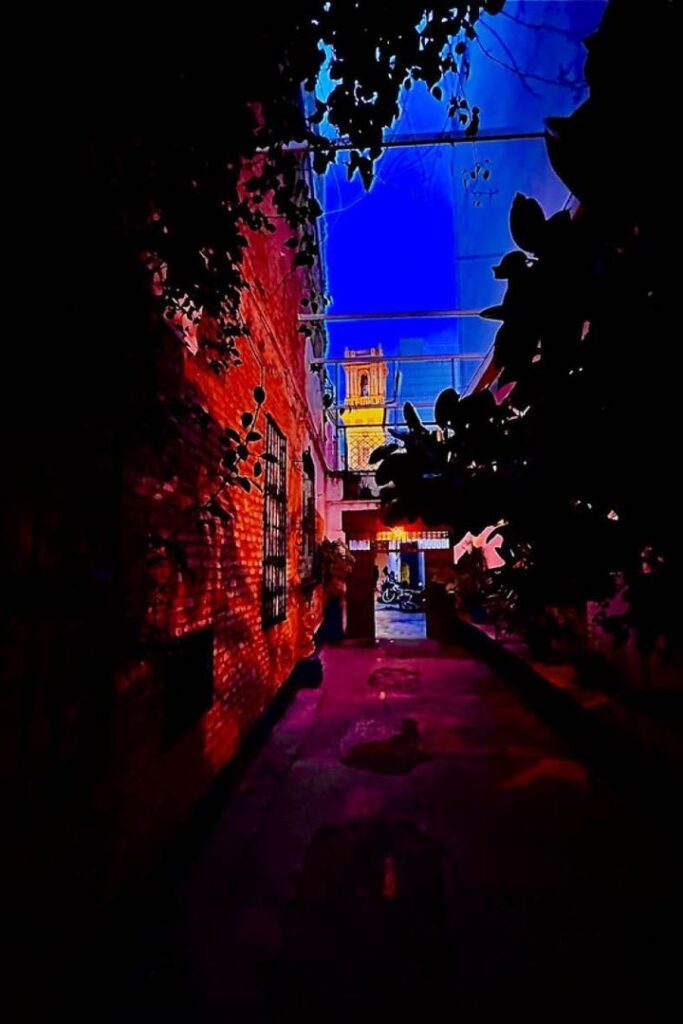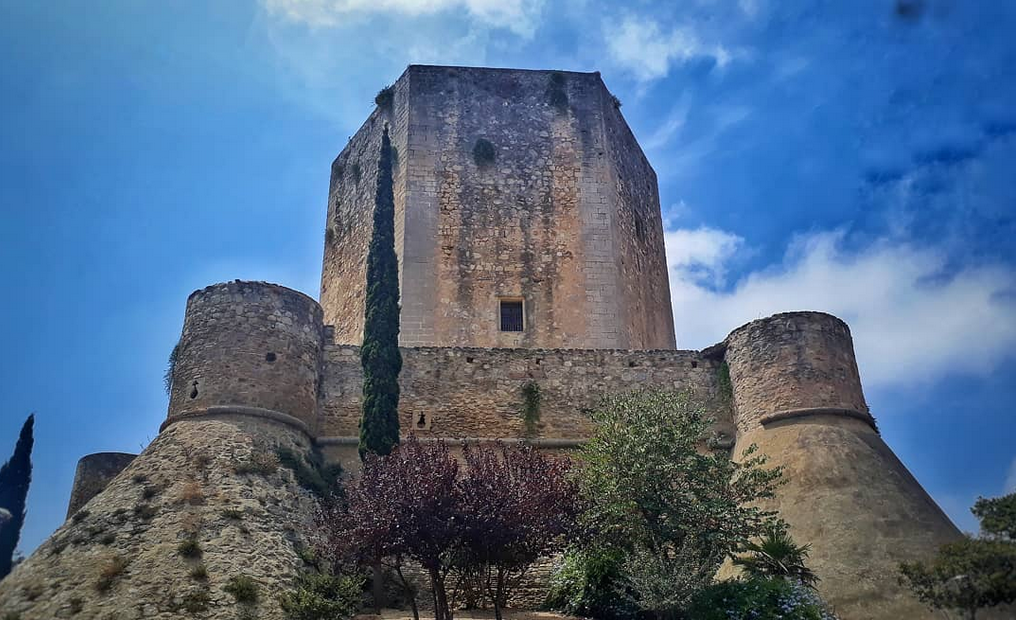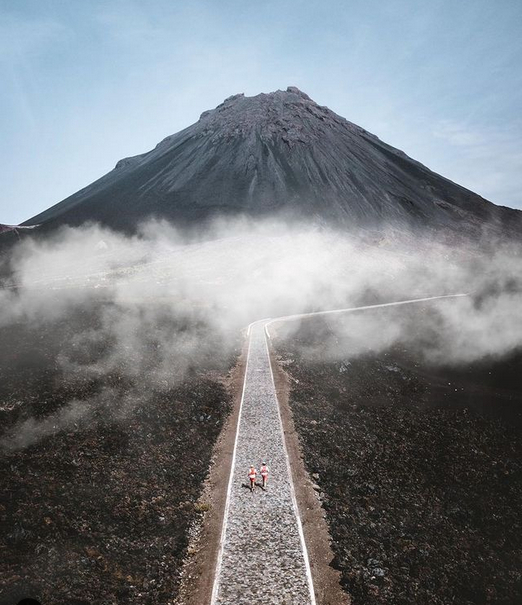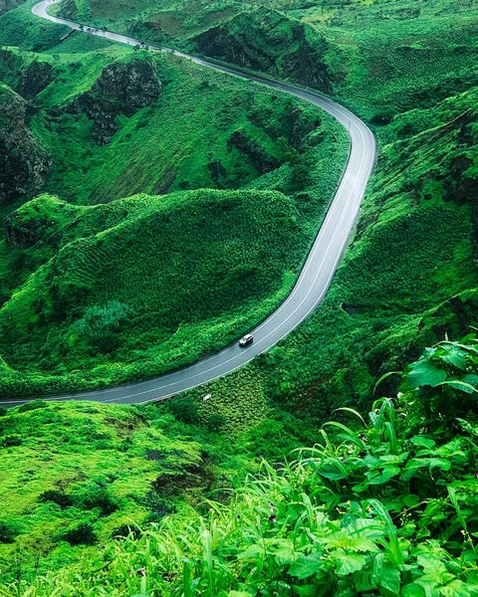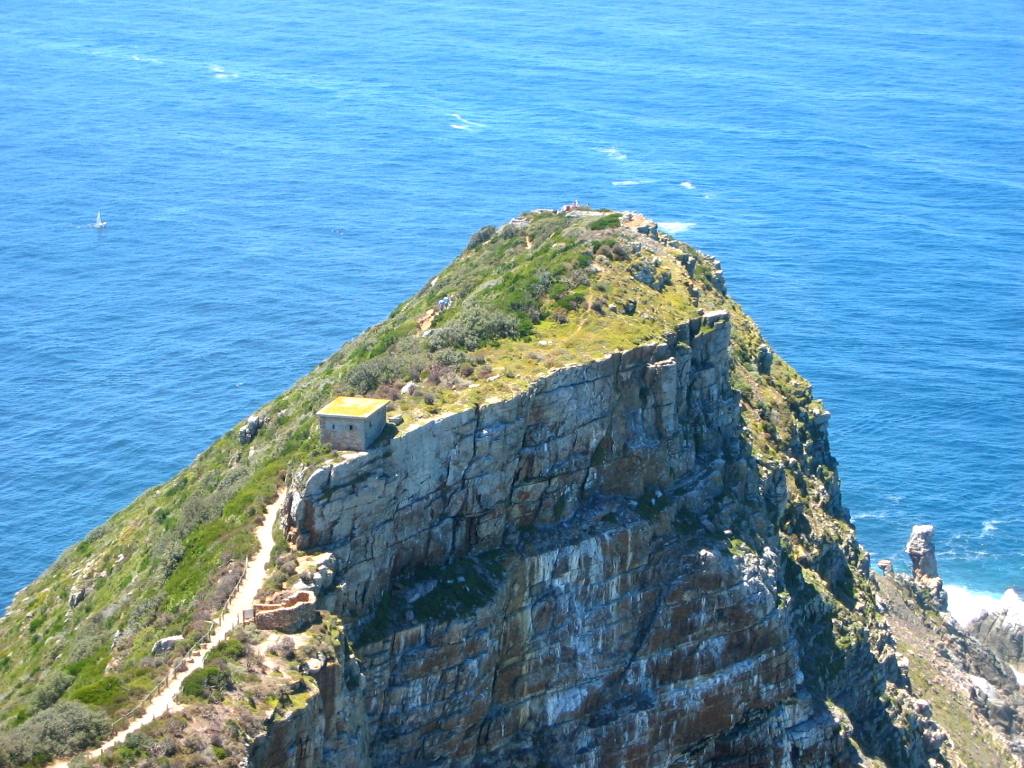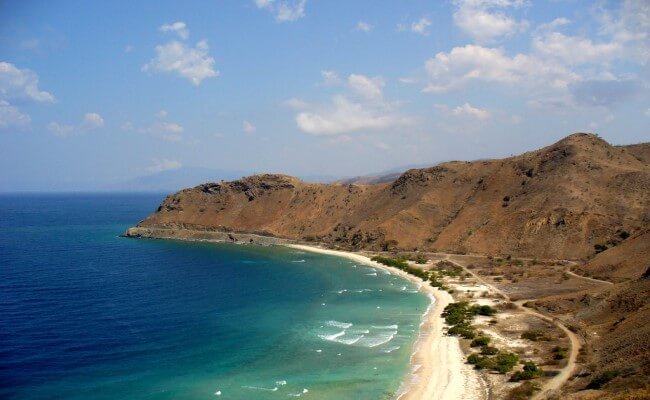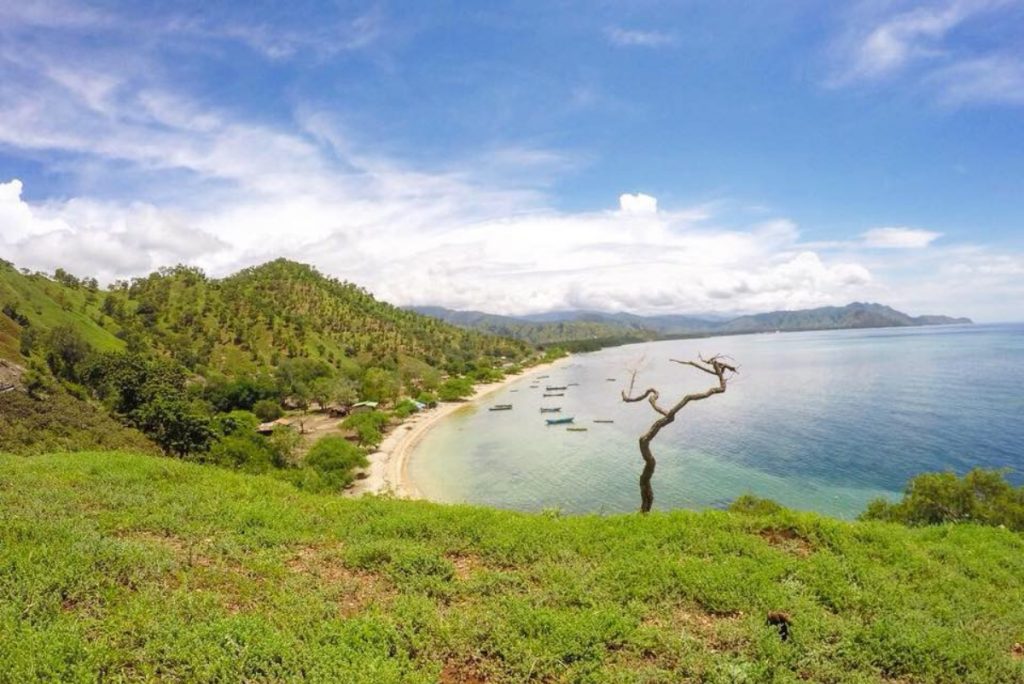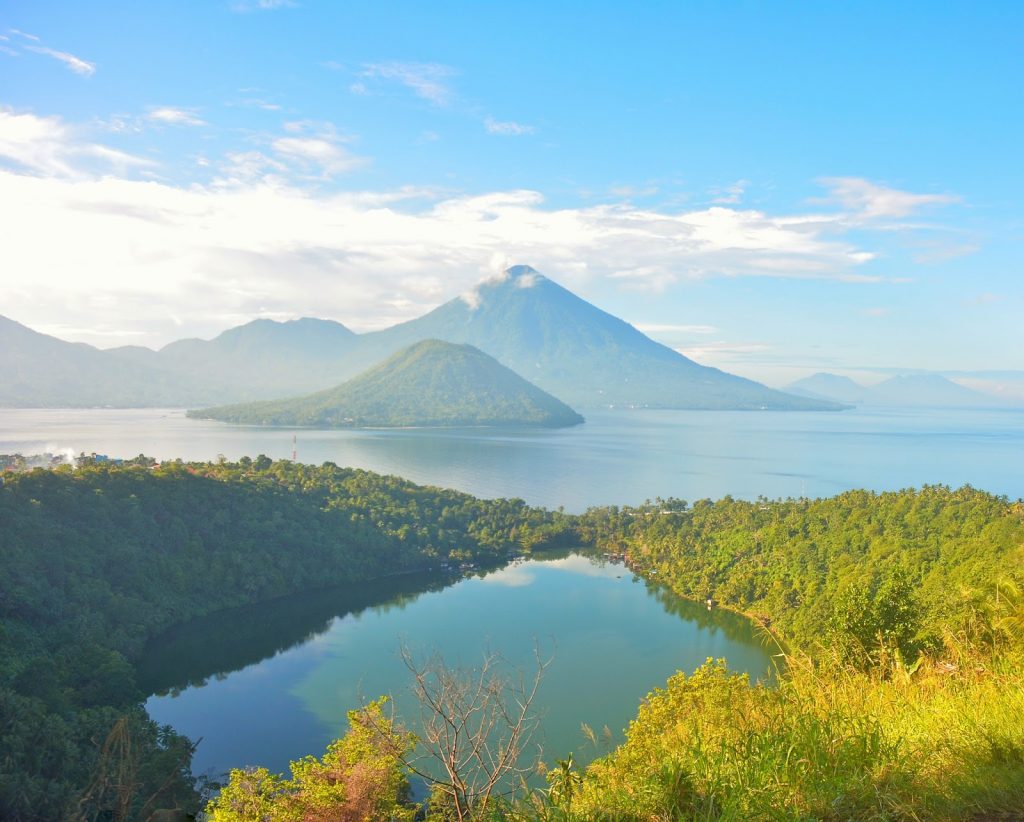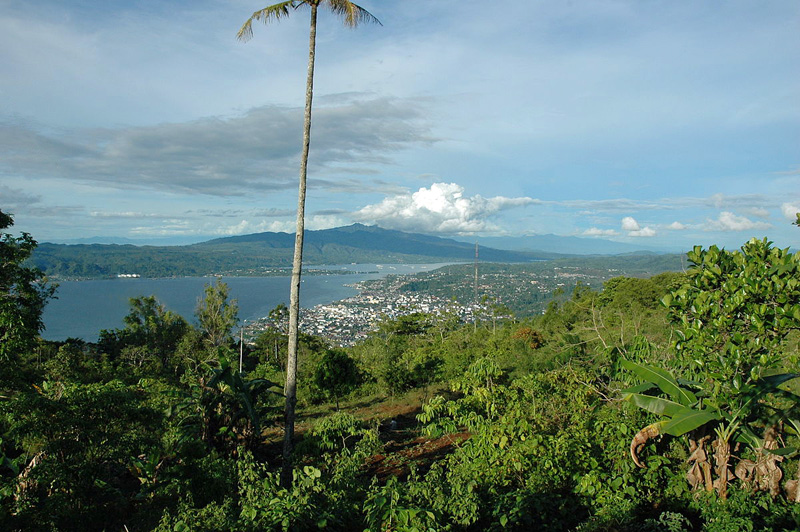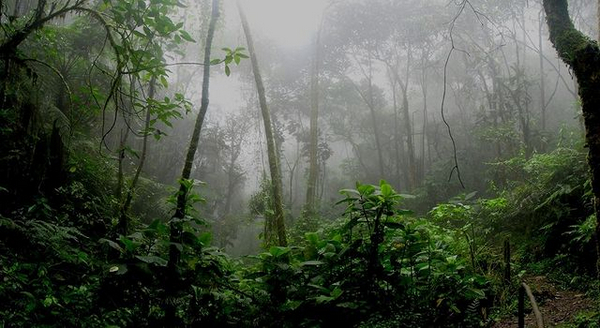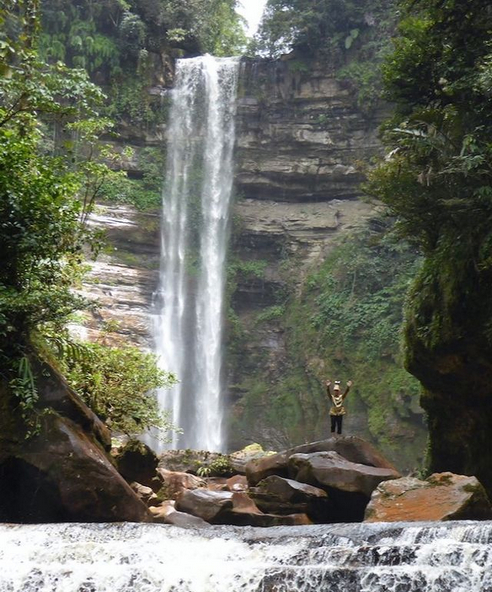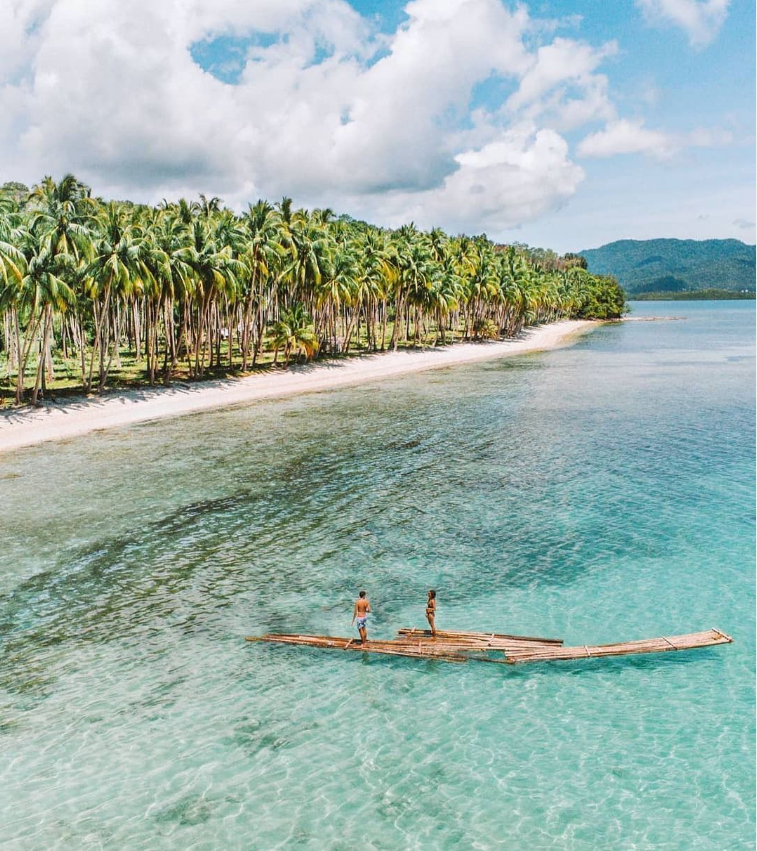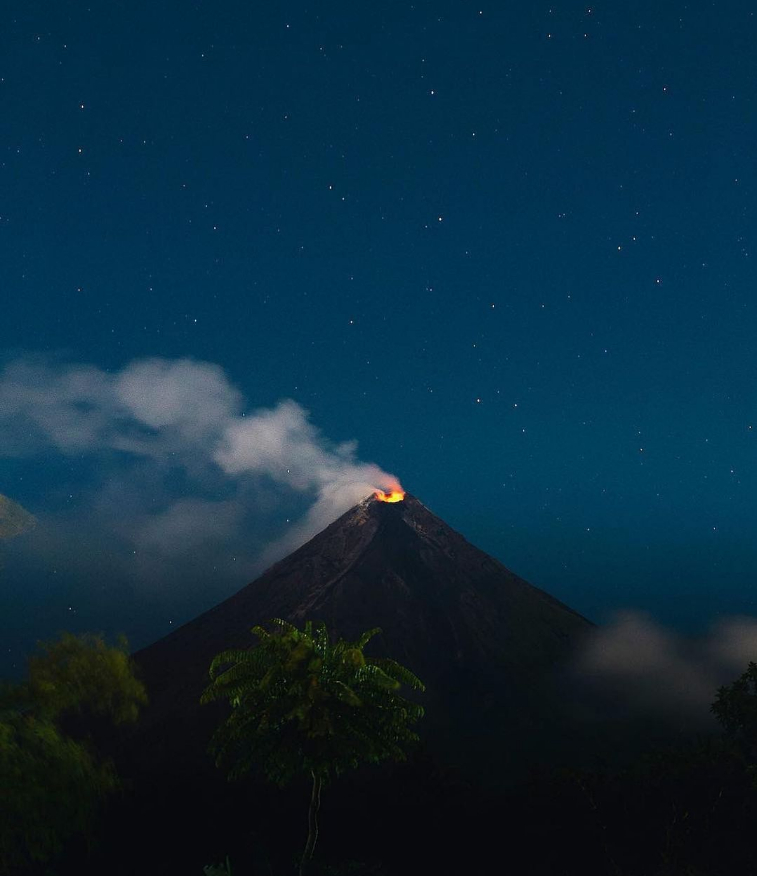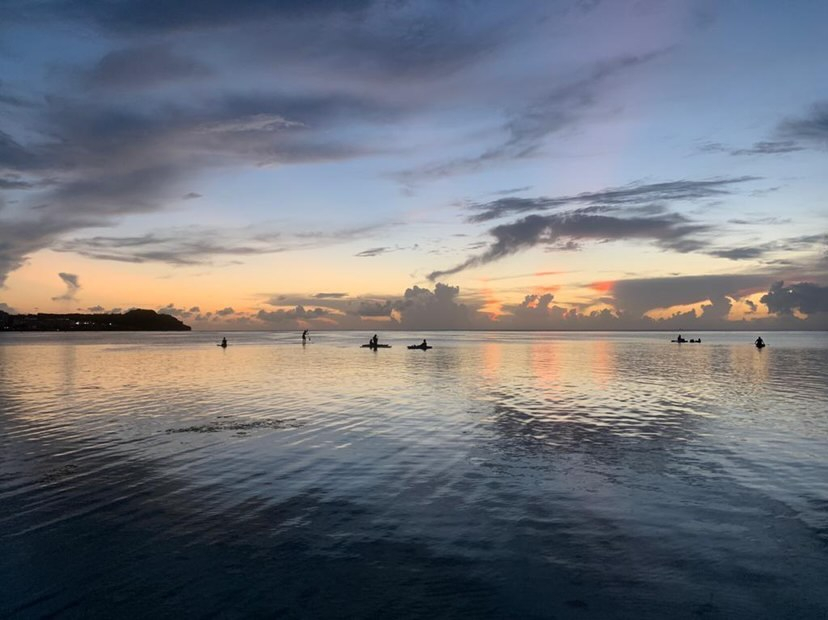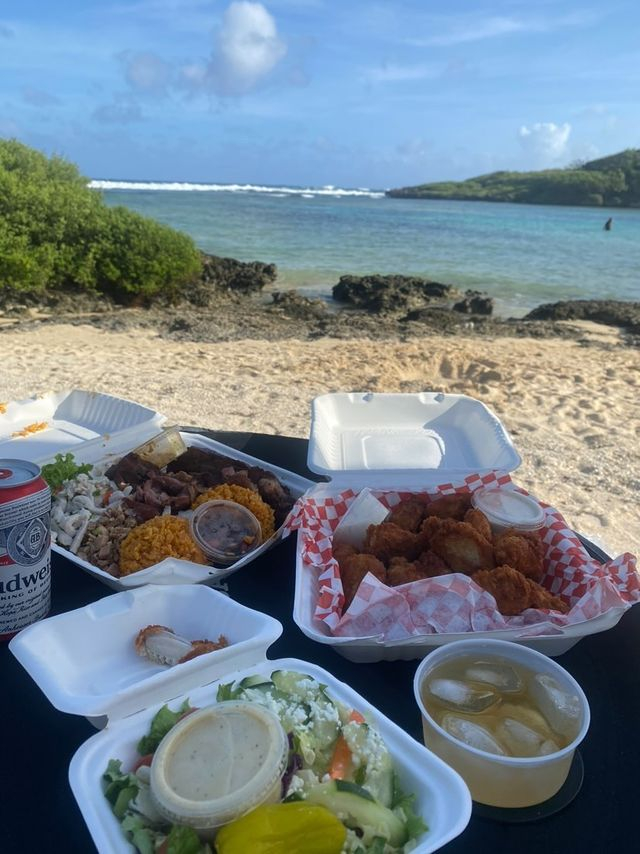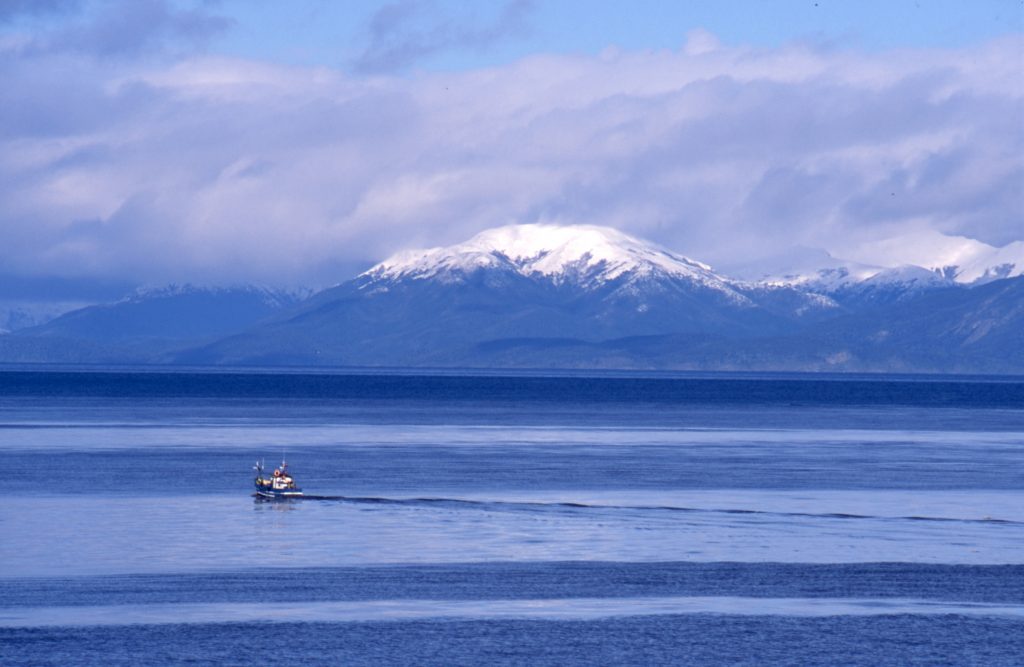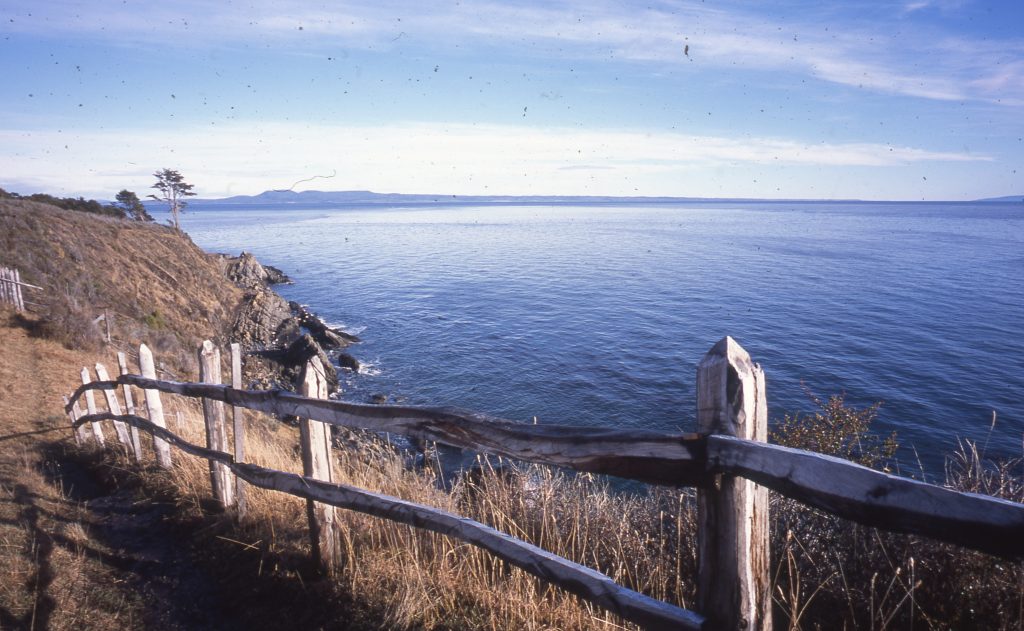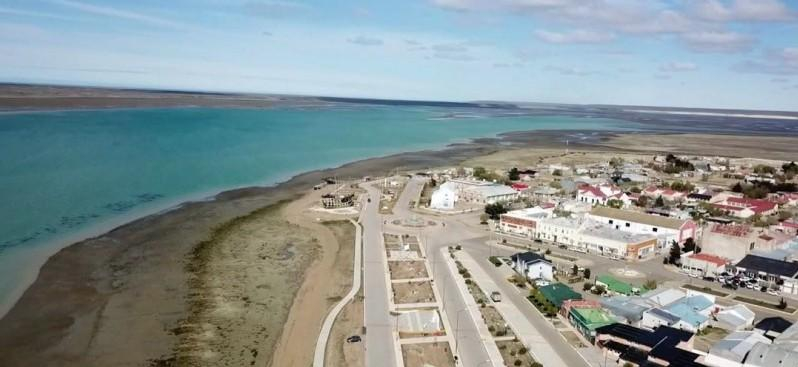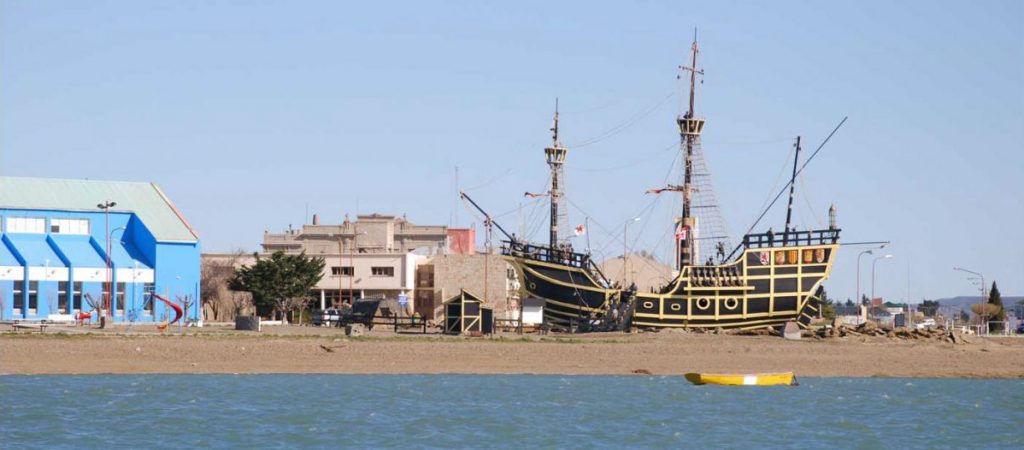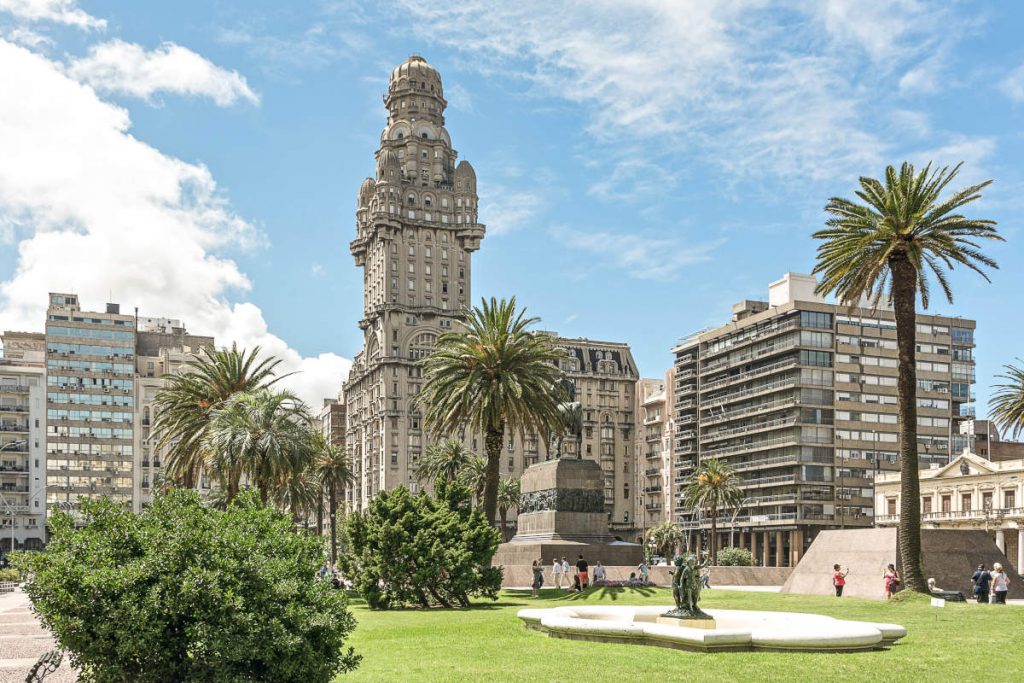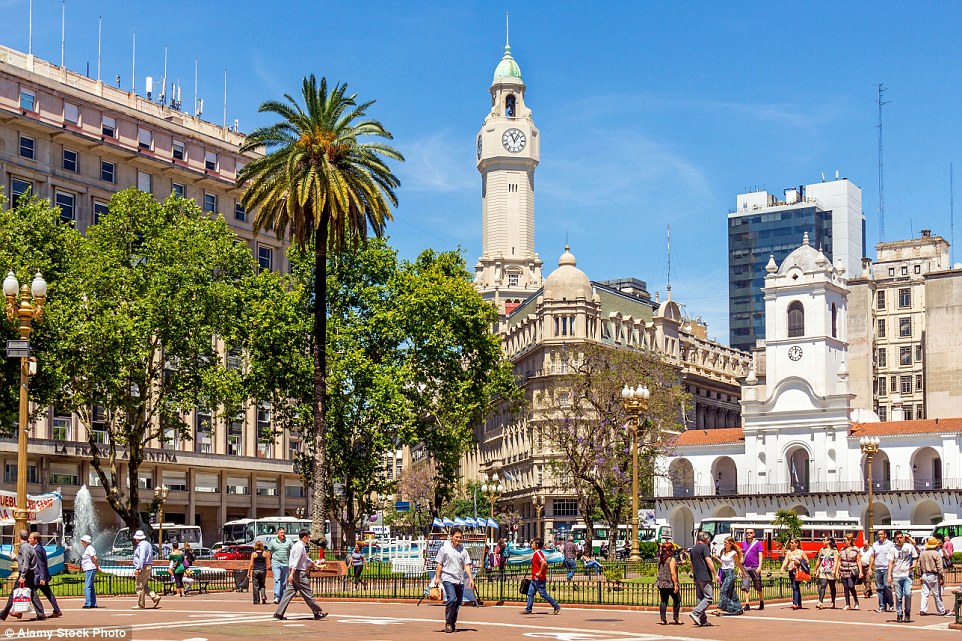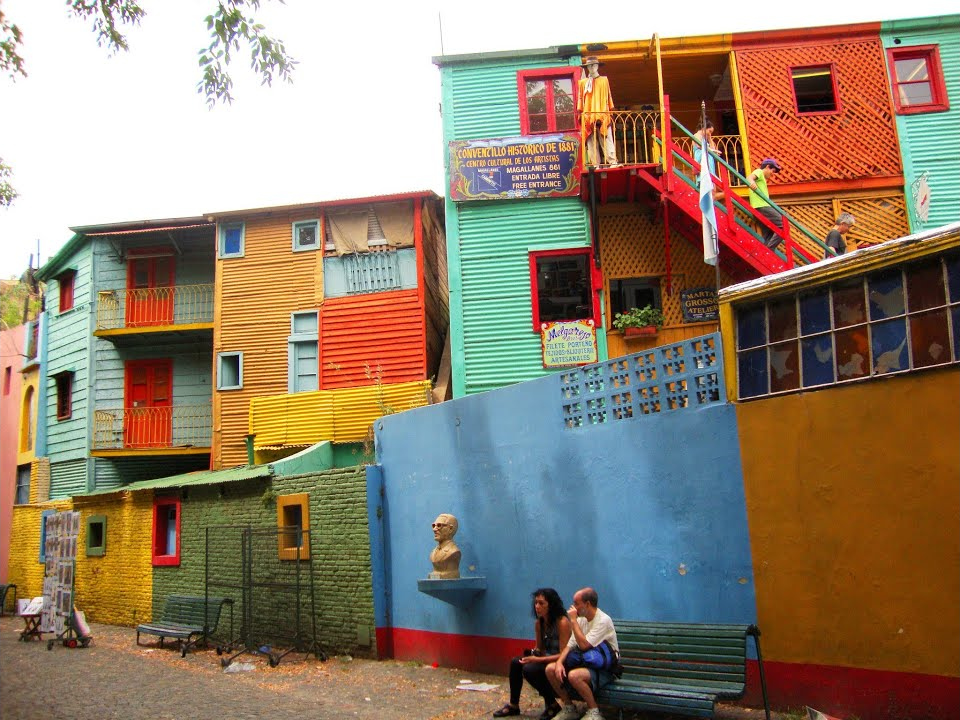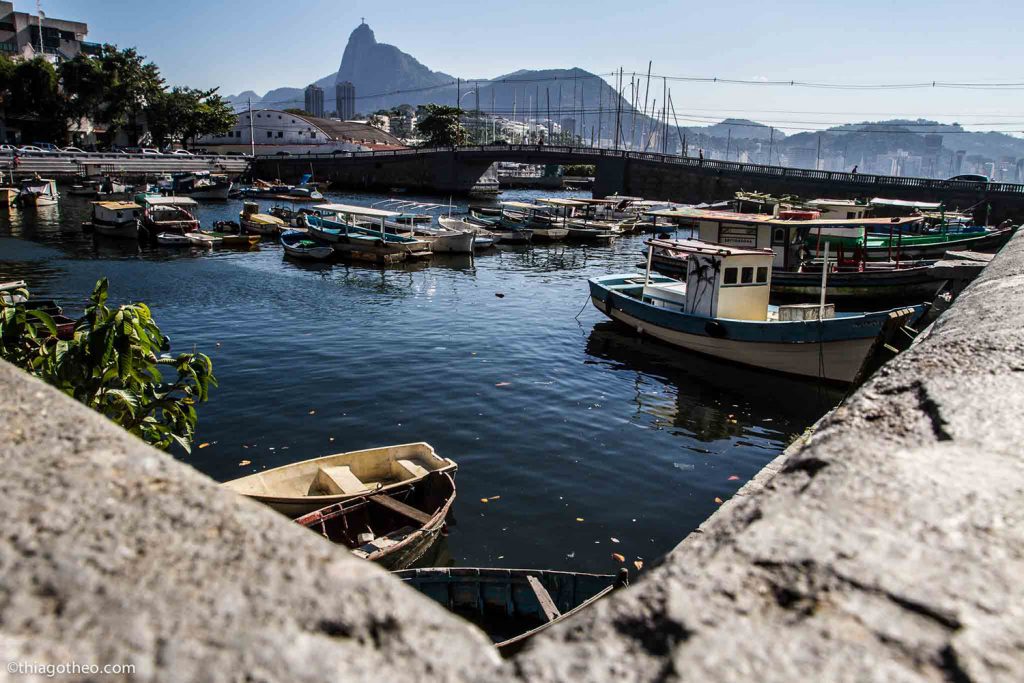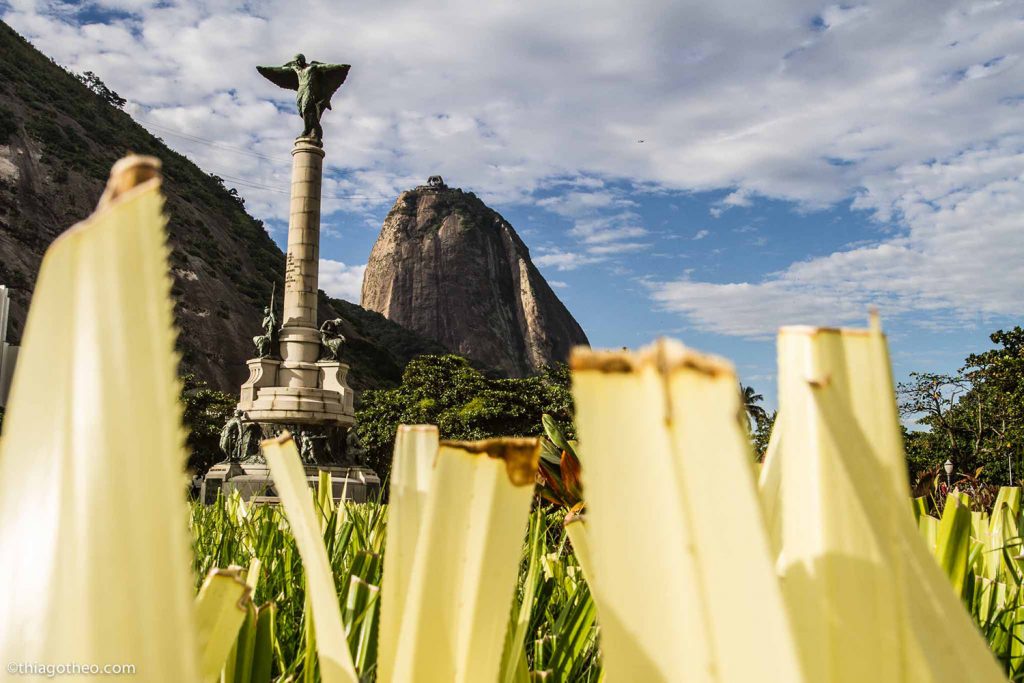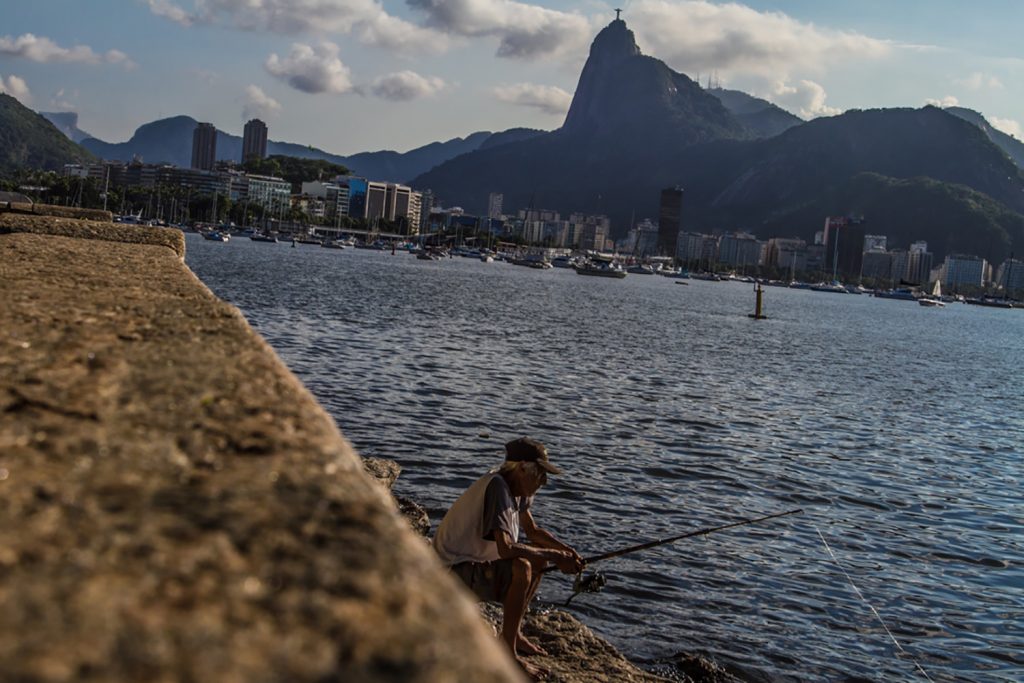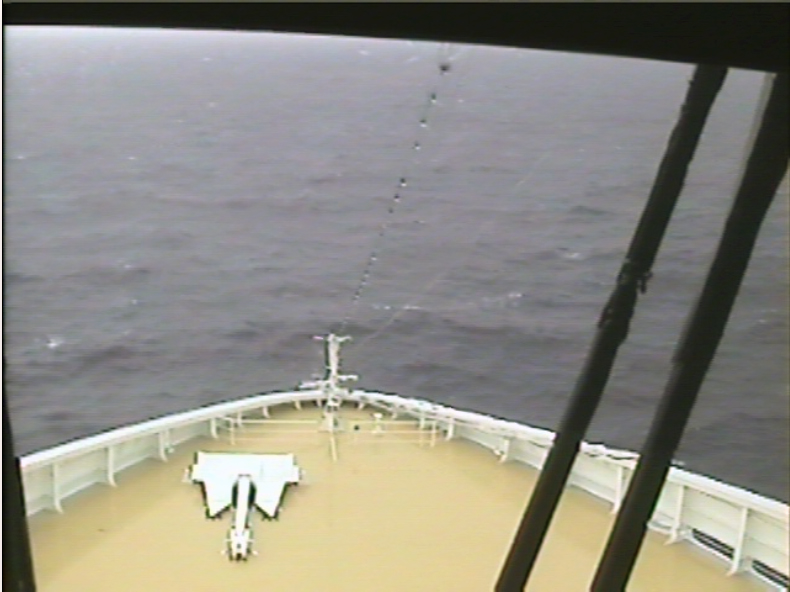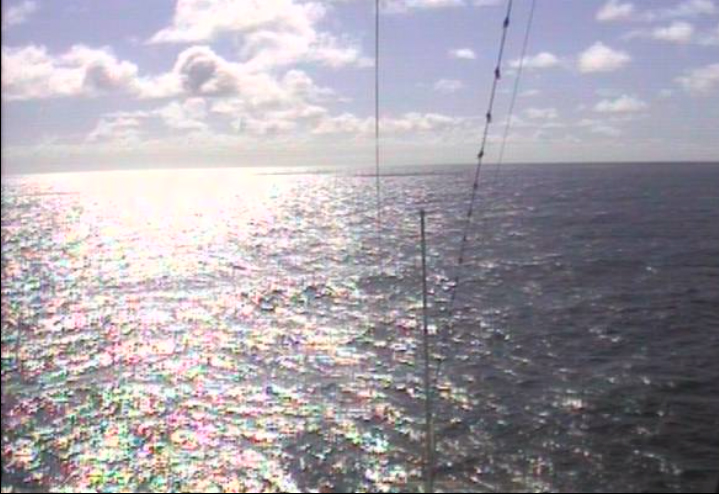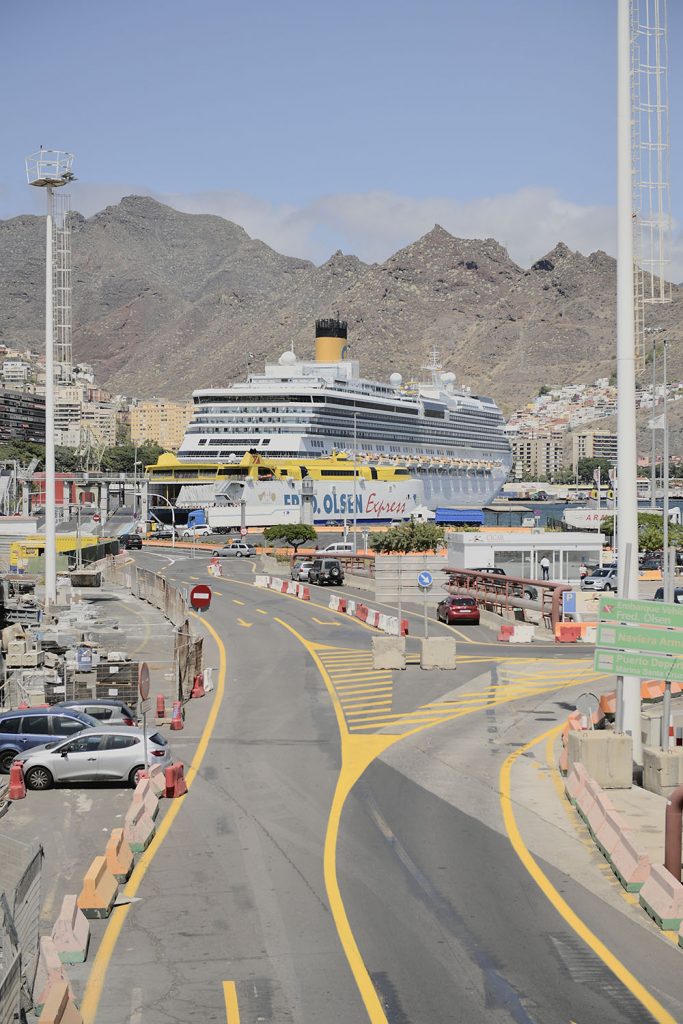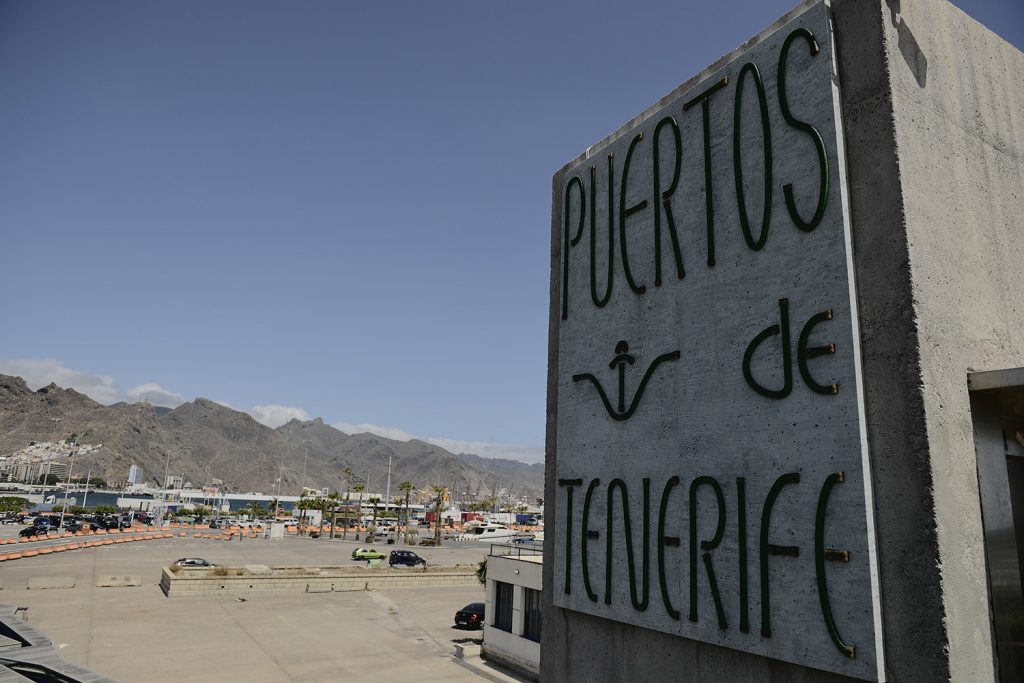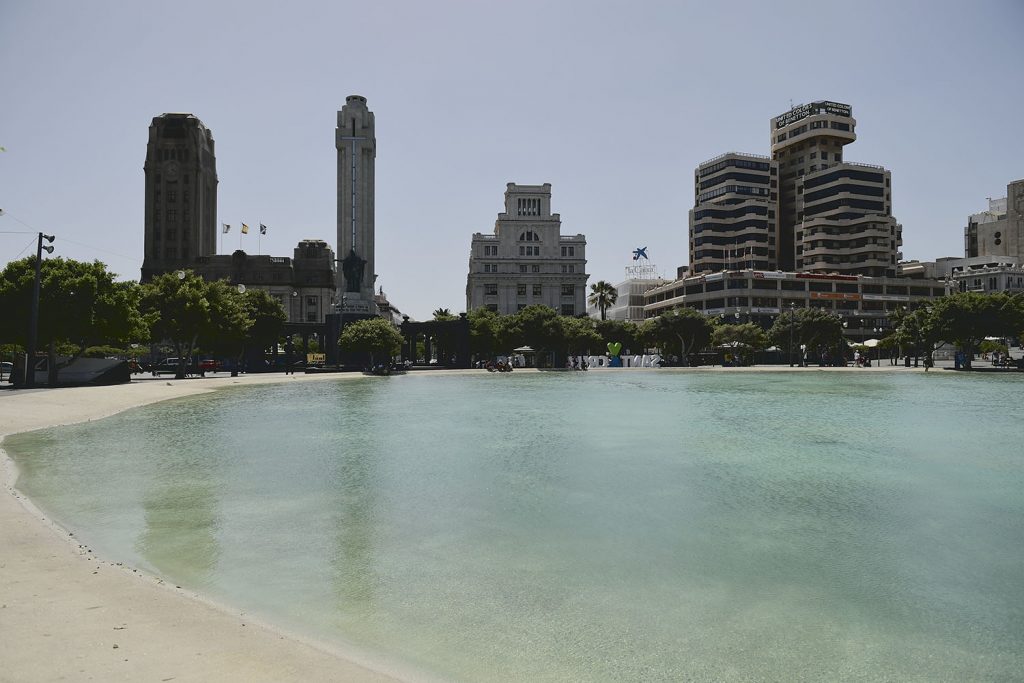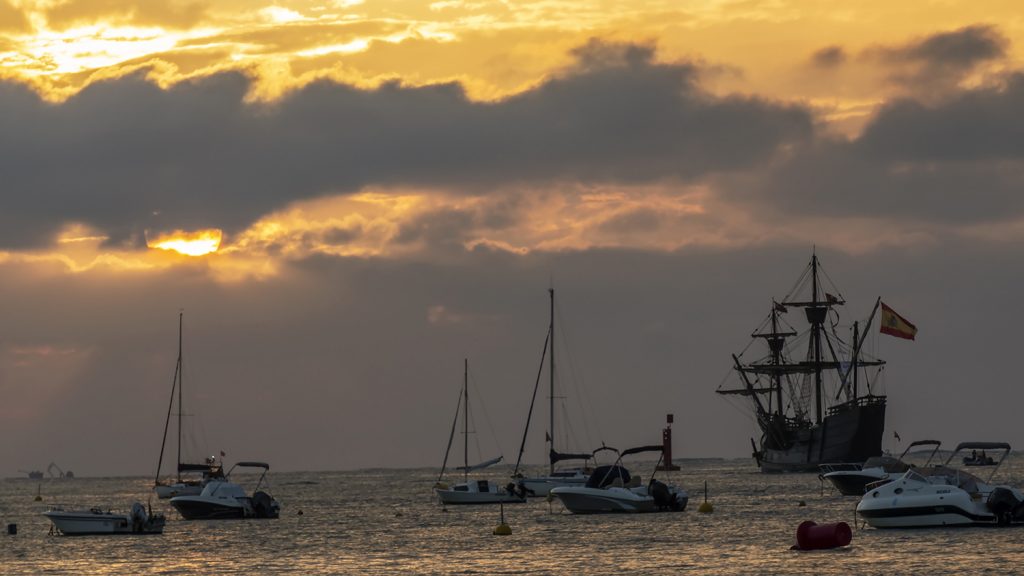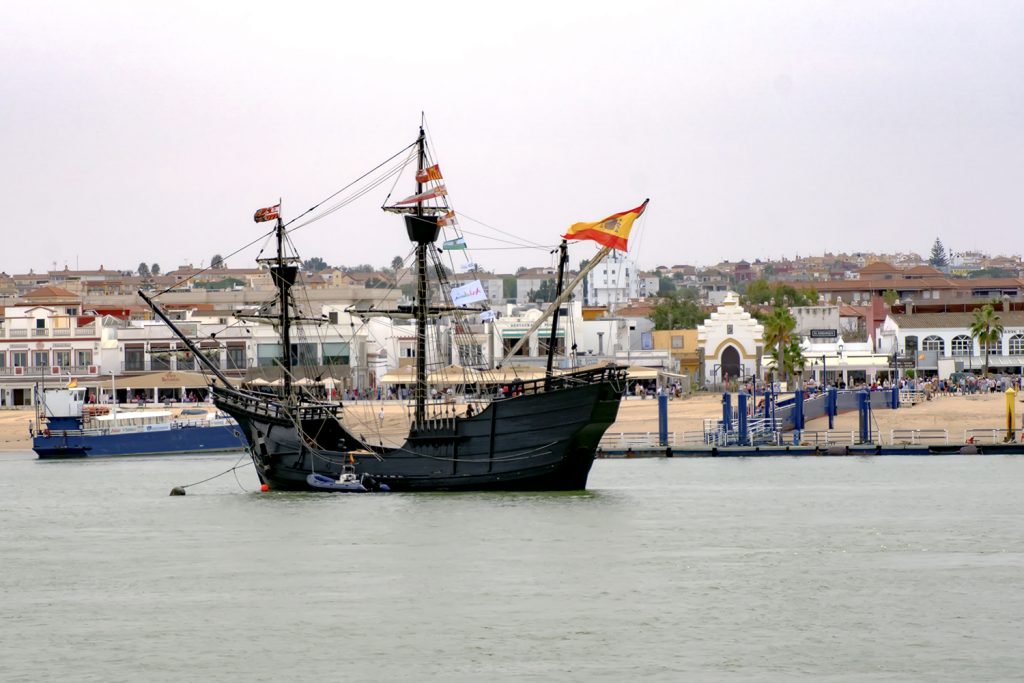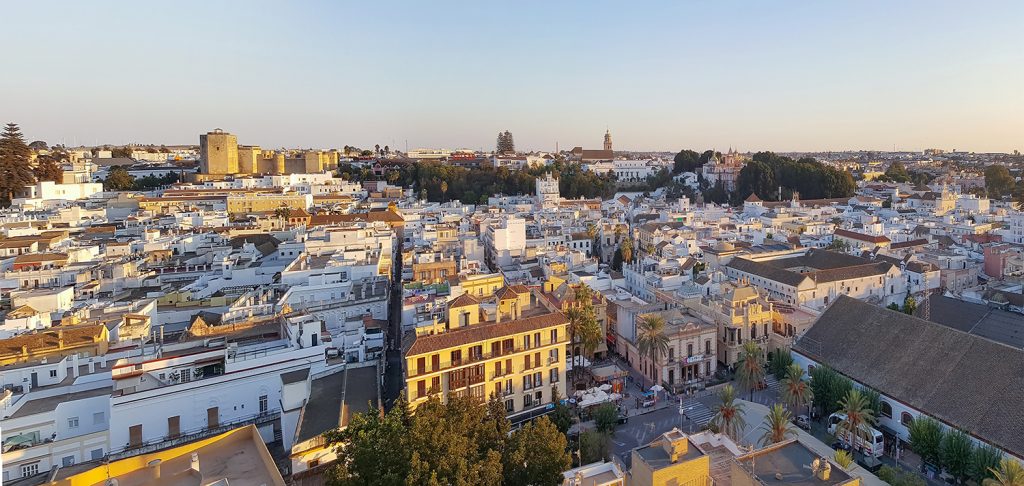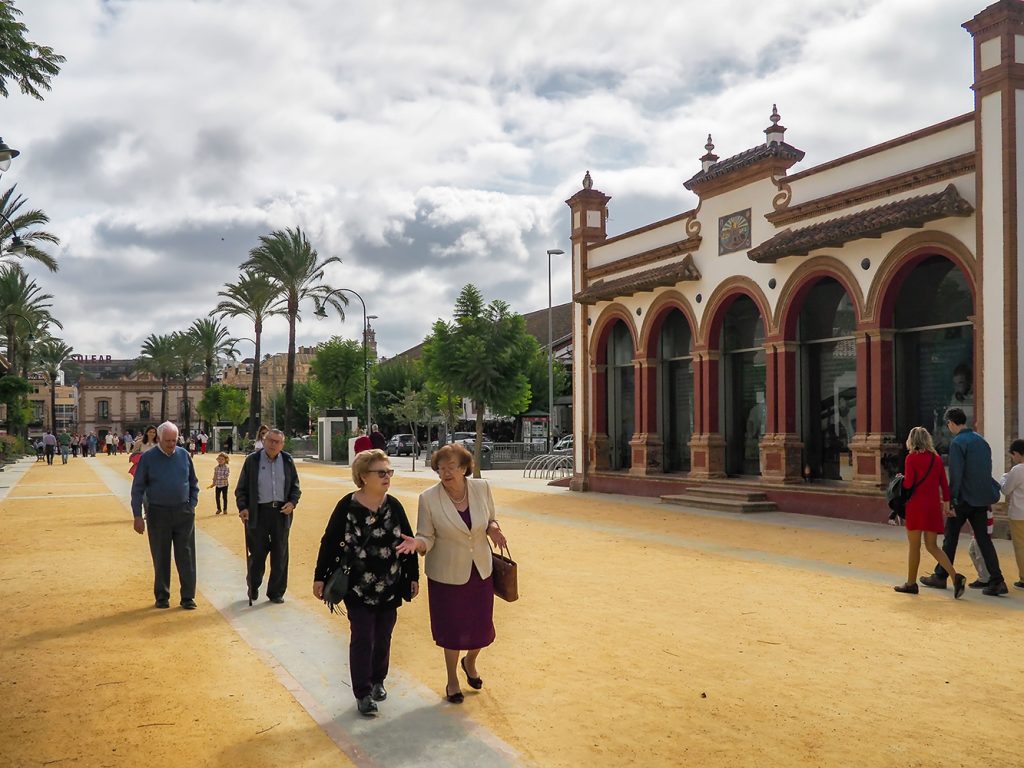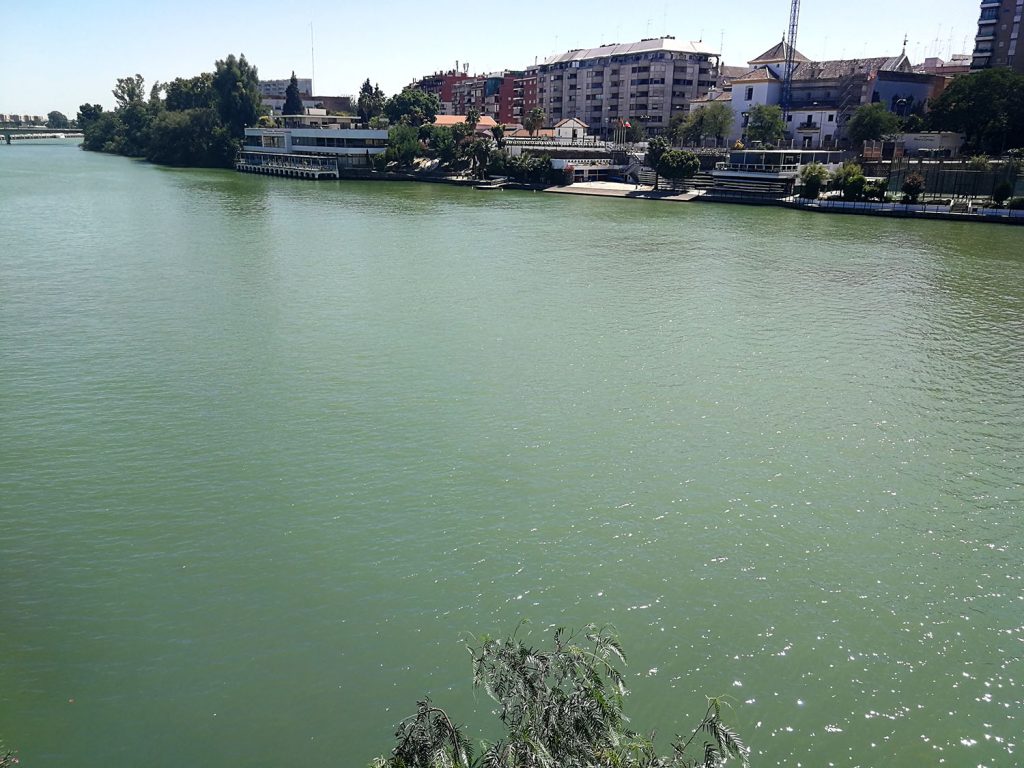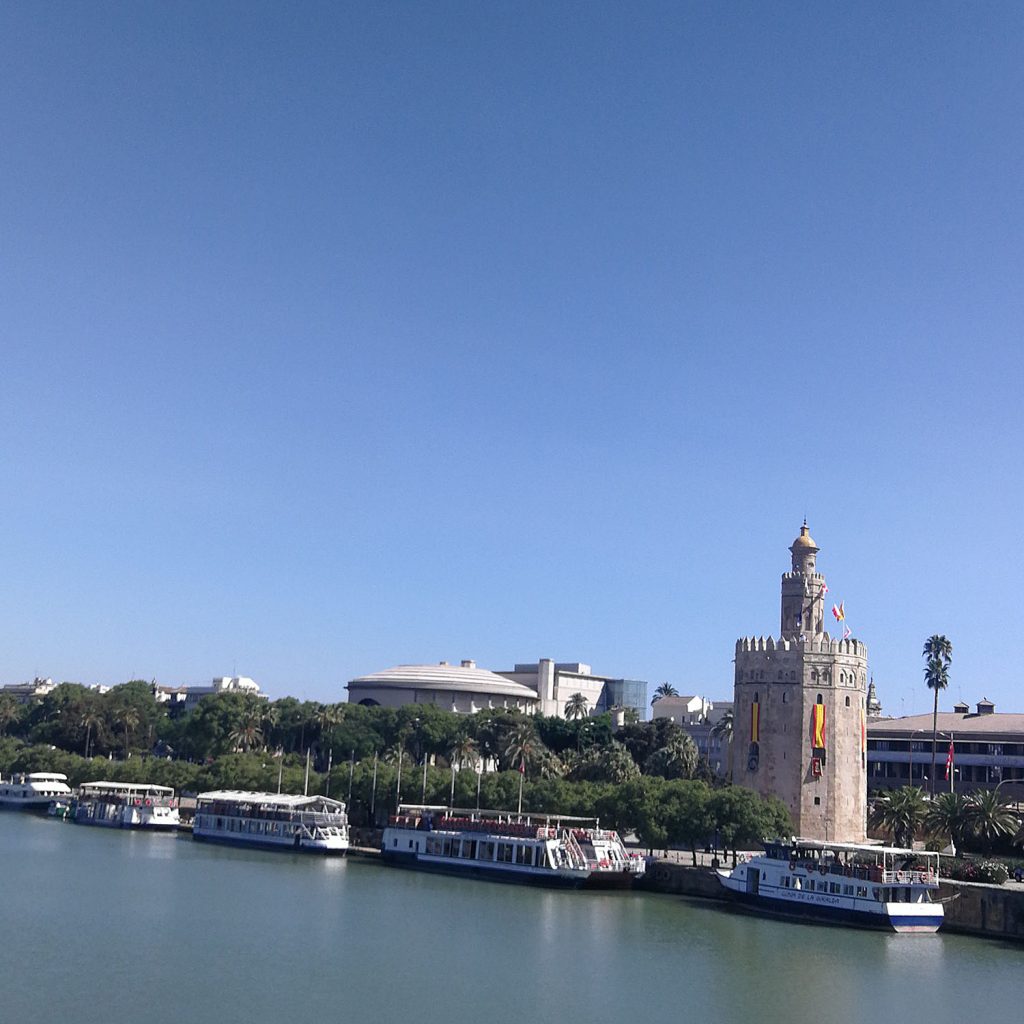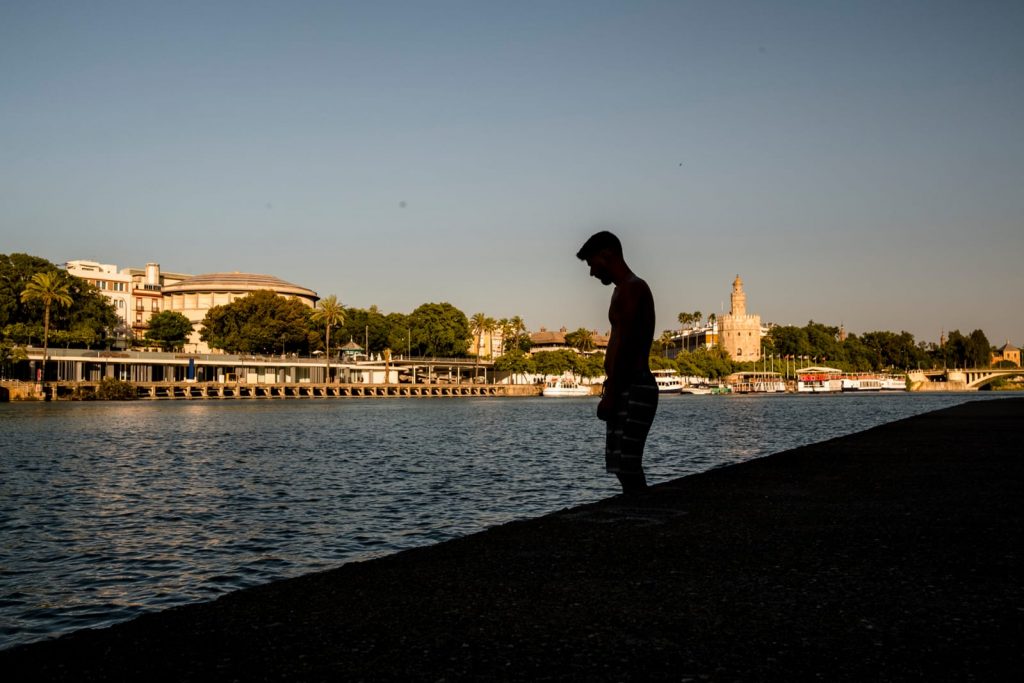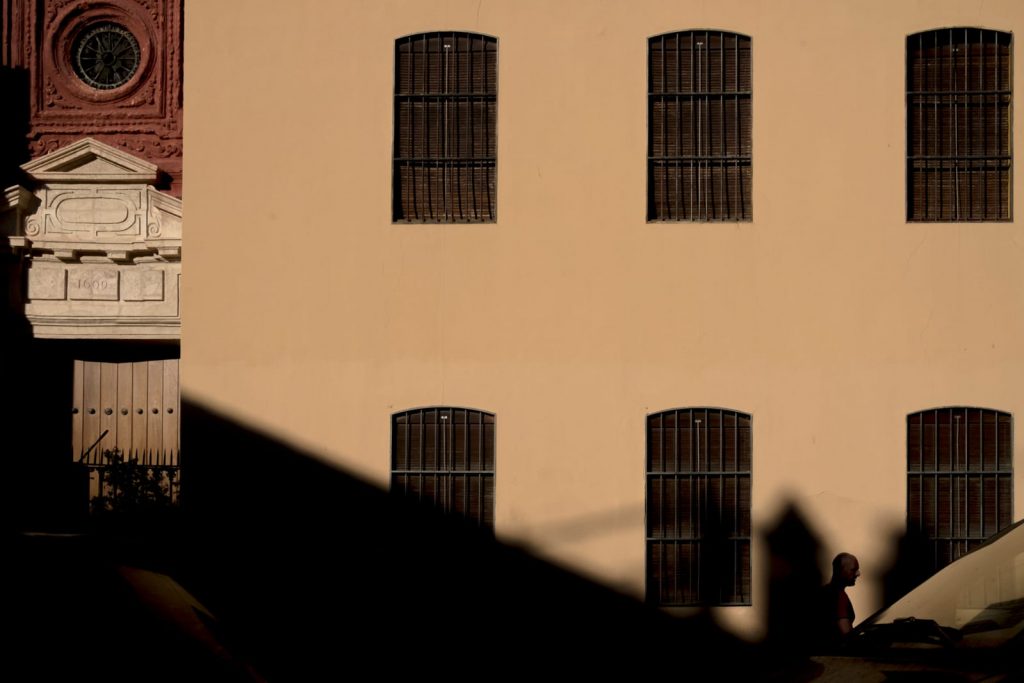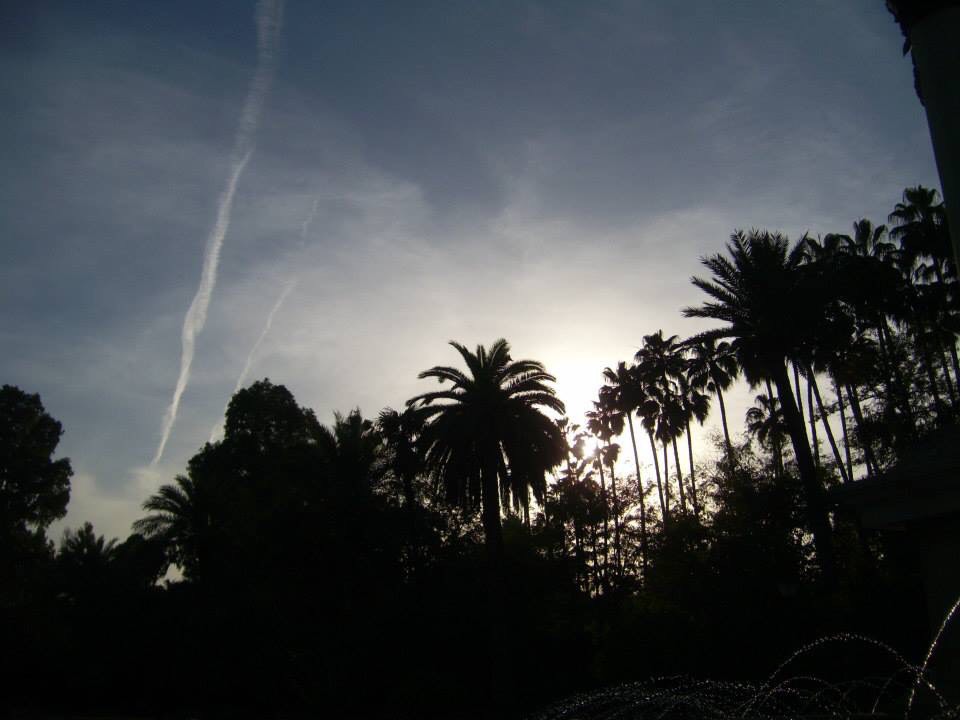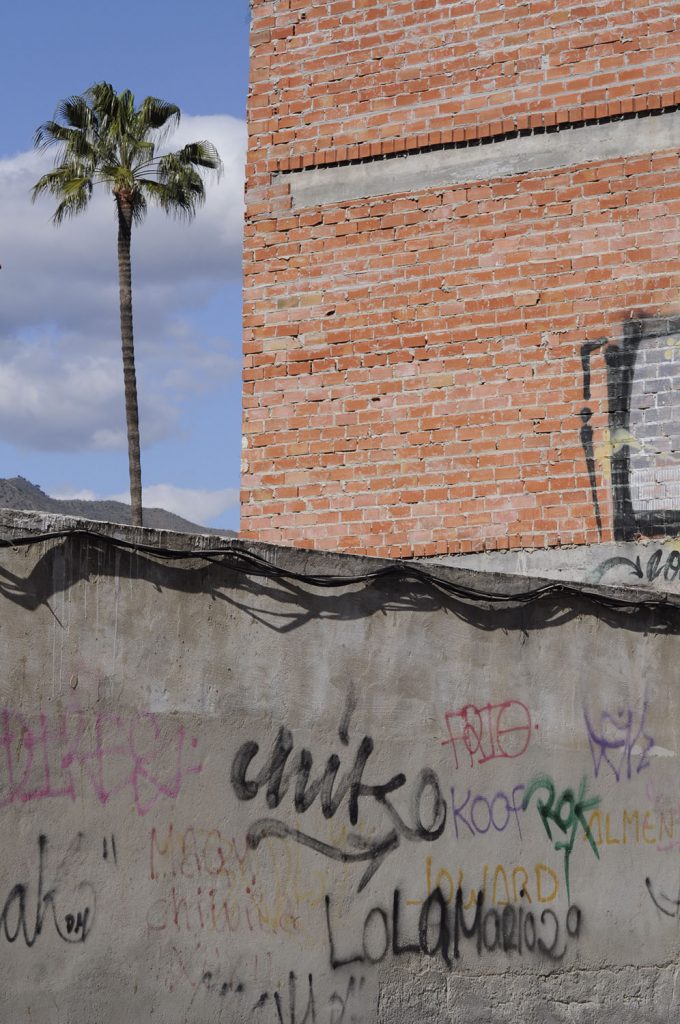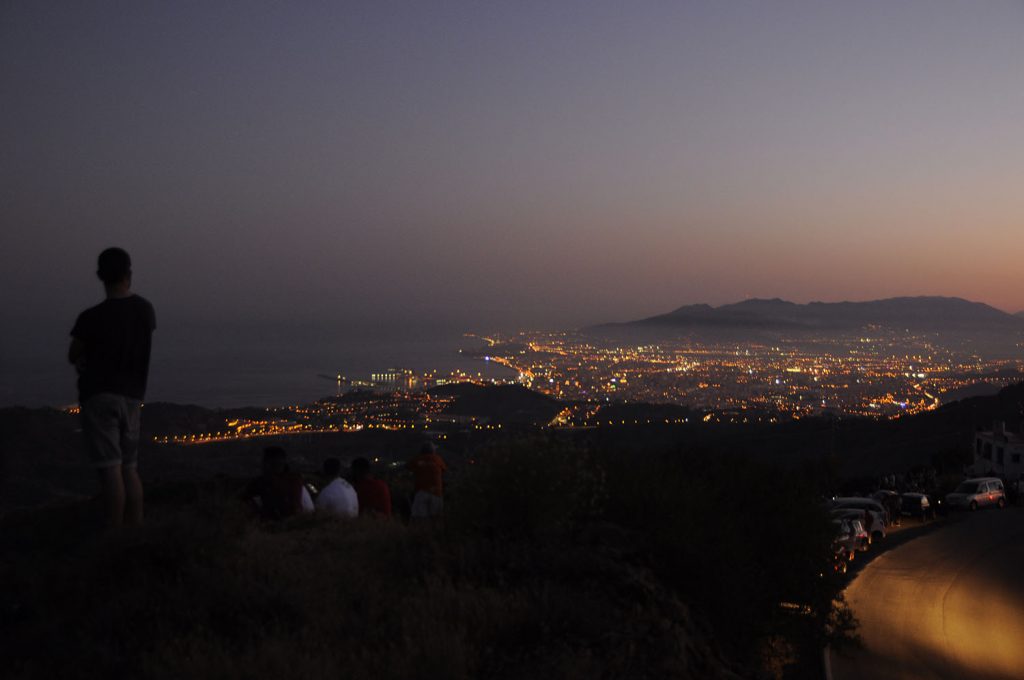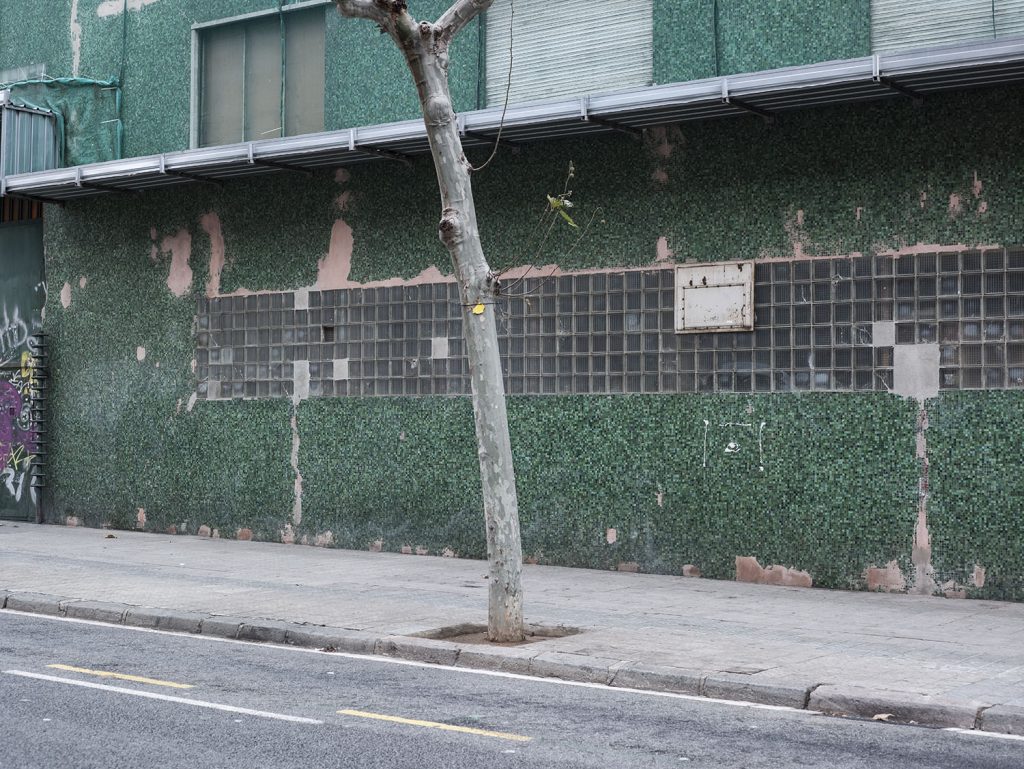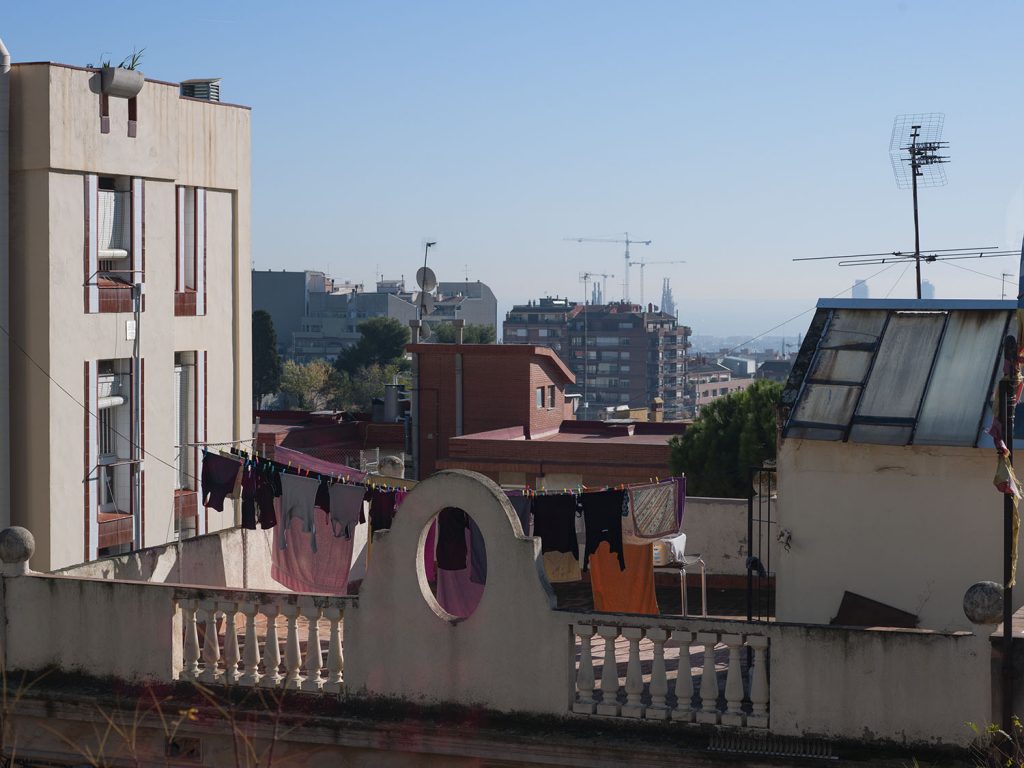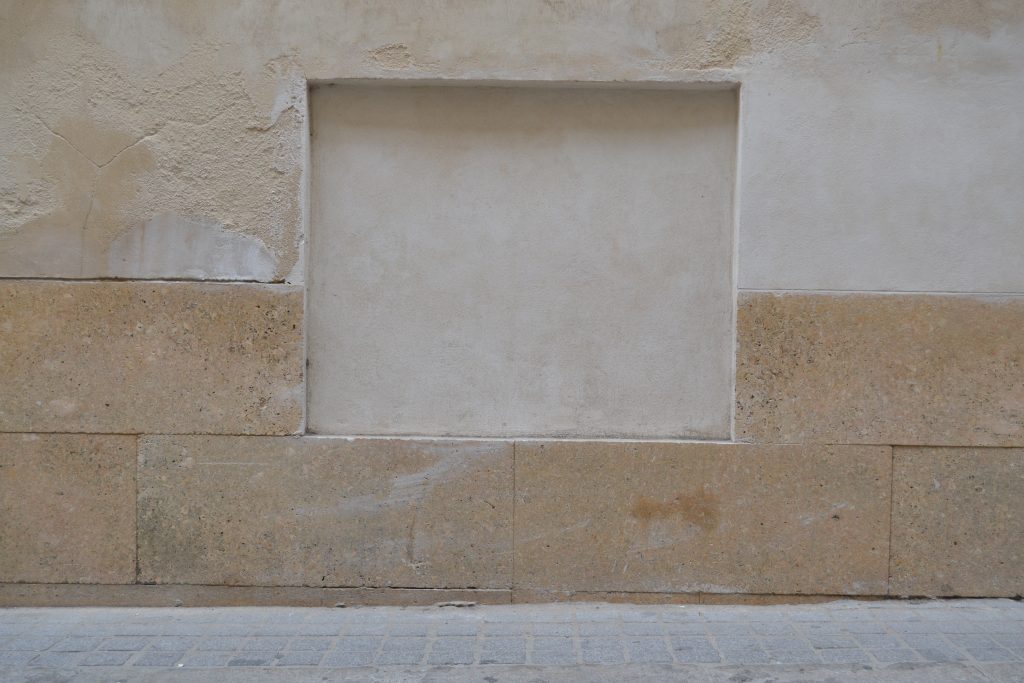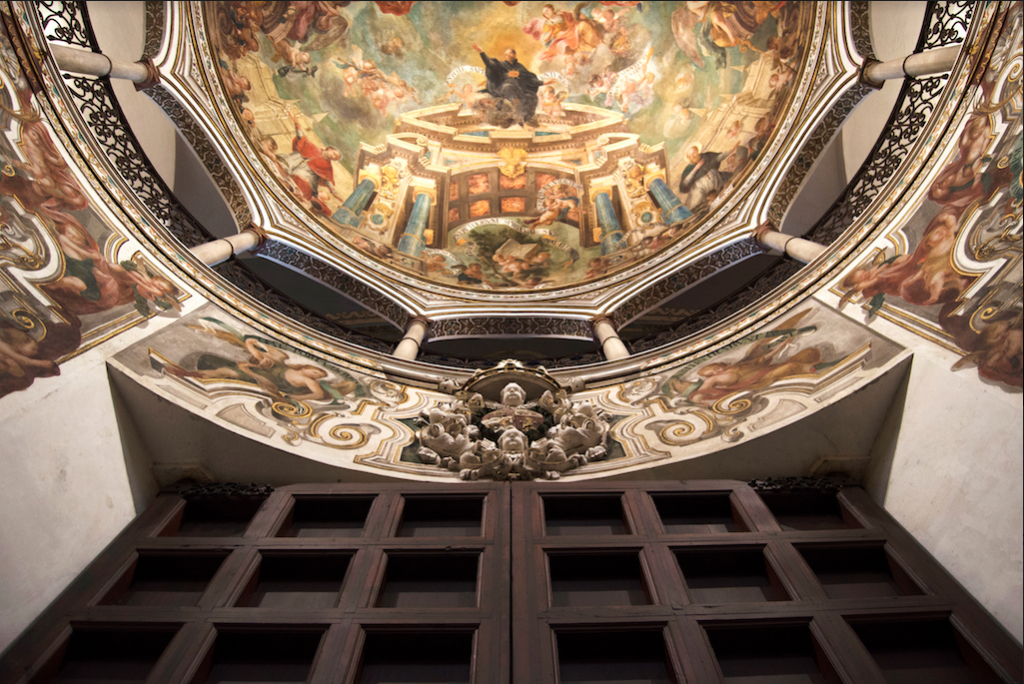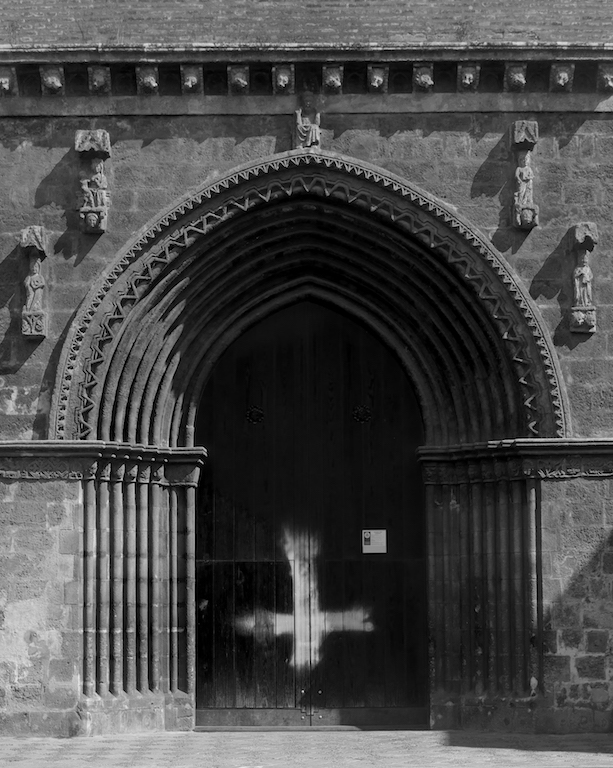CUADERNO DE BITÁCORA
Sanlúcar – Sevilla
la gesta se hizo historia (Se acabó el sufrimiento)
«Gracias a la Providencia, el sábado 6 de septiembre entramos en la bahía de San Lúcar y de los sesenta hombres que formaban la tripulación cuando partimos de las islas Molucas, no éramos más que dieciocho, y éstos en su mayor parte estaban enfermos. Otros desertaron en la isla de Timor; otros fueron condenados a muerte por delitos, y otros, en fin, perecieron de hambre.
Desde que habíamos partido de la bahía de San Lúcar hasta que regresamos a ella recorrimos, según nuestra cuenta, más de catorce mil cuatrocientas sesenta leguas (60813 km), y dimos la vuelta al mundo entero, yendo siempre de este a oeste. El lunes 8 de septiembre largamos el ancla cerca del muelle de Sevilla, y descargamos toda nuestra artillería. El martes bajamos todos a tierra en camisa y a pie descalzo, con un cirio en la mano, para visitar la iglesia de Nuestra Señora de la Victoria y la de Santa María la Antigua, como lo habíamos prometido hacer en los momentos de angustia.» Pigafetta
From the day when we left this bay of San Lucar until our return thither, we reckoned that we had run more than fourteen thousand four hundred and sixty leagues (43380 miles), and we had completed going round the earth from East to West.
Monday the 8th of September, we cast anchor near the mole of Seville, and discharged all the artillery. Tuesday, we all went in shirts and barefoot, with a taper in our hands to visit the shrine of St. Maria of Victory, and of St. Maria de Antigua.» Pigafetta
From the day when we left this bay of San Lucar until our return thither, we reckoned that we had run more than fourteen thousand four hundred and sixty leagues (43380 miles), and we had completed going round the earth from East to West.
Monday the 8th of September, we cast anchor near the mole of Seville, and discharged all the artillery. Tuesday, we all went in shirts and barefoot, with a taper in our hands to visit the shrine of St. Maria of Victory, and of St. Maria de Antigua.» Pigafetta
La foto es de Sergio Lira, mi hermano. La toma está hecha desde la puerta de entrada de La Carbonería de Sevilla, en Calle de Céspedes, n° 21-Acc. Emplazada en el barrio de San Bartolomé, antigua judería sevillana.
Cabo Verde
A dos pasos
«Carecíamos totalmente de víveres, y si el cielo no nos hubiese acordado un tiempo favorable, habríamos todos muerto de hambre. El 9 de julio, día miércoles, descubrimos la isla de Cabo Verde, yendo a fondear a la llamada Santiago. Sabiendo que nos hallábamos en tierra enemiga y que se abrigarían sospechas de nosotros, tuvimos la precaución de hacer decir a los hombres de la chalupa que enviamos a tierra a hacer provisión de víveres, que pasábamos al puerto porque habiéndose quebrado el palo trinquete al doblar la línea equinoccial, gastamos mucho tiempo en acomodarlo, y que el comandante en jefe, con otras dos naves, había continuado su derrota a España. Les hablamos de manera de hacerles creer que veníamos de las costas de América y no del Cabo de Buena Esperanza.
Habiendo por tercera vez regresado la chalupa a tierra con trece hombres, notamos que se la retenía, pudiendo además sospechar por el movimiento que se observaba en algunas carabelas, que querían también apoderarse de nuestra nave, lo que nos determinó a partir en el acto. Supimos después que nuestra chalupa había sido detenida porque uno de los marineros reveló nuestro secreto, diciendo que el comandante en jefe era muerto y que nuestra nave era la única de la escuadra de Magallanes que regresaba a Europa.» Pigafetta
The boat, having returned for rice a second time to the shore, was detained, with thirteen men who were in it. As we saw that and from the movement in certain caravels, suspected that they might wish to capture us and our ship, we at once set sail. We afterwards learned, some time after our return, that our boat and men had been arrested, because one of our men had discovered the deception, and said that the captain-general was dead, and that our ship was the only one remaining of Magellan’s fleet. » Pigafetta
The boat, having returned for rice a second time to the shore, was detained, with thirteen men who were in it. As we saw that and from the movement in certain caravels, suspected that they might wish to capture us and our ship, we at once set sail. We afterwards learned, some time after our return, that our boat and men had been arrested, because one of our men had discovered the deception, and said that the captain-general was dead, and that our ship was the only one remaining of Magellan’s fleet. » Pigafetta
Cabo de Buena Esperanza
Contra viento y marea
«Para doblar el Cabo de Buena Esperanza, subimos hasta el 42° de latitud sur; y nos fue preciso permanecer nueve semanas frente a este cabo, con las velas plegadas, a causa de los vientos del oeste y del noroeste que experimentamos constantemente y que concluyeron en una tempestad terrible. (…) Es el más grande y más peligroso cabo conocido de la tierra.
Algunos de los nuestros, y sobre todo los enfermos, habrían querido desembarcar en Mozambique, donde hay un establecimiento portugués, a causa de las vías de agua que tenía la nave y del frío penetrante que sentíamos; pero, especialmente, porque teníamos por único alimento y bebida arroz y agua, pues toda la carne que, por falta de sal, no pudimos preparar, estaba podrida. Sin embargo, hallándose la mayor parte de la tripulación inclinada más al honor que a la vida misma, determinamos hacer cuantos esfuerzos nos fuera posible para regresar a España, por más que tuviéramos aún que correr algunos peligros.
En fin, con ayuda de Dios, el 6 de mayo doblamos este terrible cabo, siendo preciso acercamos a él hasta distancia de cinco leguas, si lo cual no lo hubiéramos conseguido jamás.» Pigafetta
The chief man, whom I went to speak to first, has only women in his service, all were naked like those of the neighbouring islands, and wear in their ears small gold rings with tufts of silk hanging from them; on their arms they wear many rings of gold and copper, which often cover them up to the elbow. The men are naked like the women, and wear attached to their necks round plates of gold, and on their heads reed combs ornamented with gold rings. Some of them, instead of gold rings, wore in their ears dried necks of gourds.
These people are Gentiles, we were told that when they go to cut sandal wood, the devil appears to them in various forms, and tells them that if they want anything they should ask him for it, but this apparition frightens them so much, that they are ill of it for some days.» Pigafetta
The chief man, whom I went to speak to first, has only women in his service, all were naked like those of the neighbouring islands, and wear in their ears small gold rings with tufts of silk hanging from them; on their arms they wear many rings of gold and copper, which often cover them up to the elbow. The men are naked like the women, and wear attached to their necks round plates of gold, and on their heads reed combs ornamented with gold rings. Some of them, instead of gold rings, wore in their ears dried necks of gourds.
These people are Gentiles, we were told that when they go to cut sandal wood, the devil appears to them in various forms, and tells them that if they want anything they should ask him for it, but this apparition frightens them so much, that they are ill of it for some days.» Pigafetta
Timor
Última parada antes de volver
«El sábado 25 de enero partimos de la isla de Mallúa, y habiendo avanzado cinco leguas al sur sudoeste, llegamos a otra bastante grande, llamada Timor, donde fui a tierra enteramente solo para obtener del jefe de la aldea, llamada Amaban, que nos suministrase algunos víveres. Me ofreció búfalos, cerdos y cabras, pero cuando se trató de determinar las mercaderías que quería a cambio, no pudimos entendemos, porque pretendía mucho y nosotros teníamos poco que darle.
El jefe de Amaban, con quien había estado antes, sólo tenía a su servicio mujeres, que andaban desnudas como las de las otras islas. Llevan en las orejas pequeños anillos de oro, a los cuales atan algunos copos de seda, y en los brazos varios brazaletes de oro y de latón, que a menudo les cubren hasta el codo. Los hombres andan también desnudos, pero llevan el cuello adornado con placas redondas de oro, y sujetan sus cabellos por medio de peines de cañas, adornados de anillos de oro. Algunos, en lugar de anillos de oro, llevan en las orejas el gollete de una calabaza seca.
Estos pueblos son gentiles. Nos dijeron que cuando van a cortar el sándalo, el demonio se les aparece bajo diferentes formas, preguntándoles con mucha política si necesitan alguna cosa, mas, a pesar de tal deferencia, su aparición les produce tanto miedo que quedan enfermos durante algunos días.» Pigafetta
The chief man, whom I went to speak to first, has only women in his service, all were naked like those of the neighbouring islands, and wear in their ears small gold rings with tufts of silk hanging from them; on their arms they wear many rings of gold and copper, which often cover them up to the elbow. The men are naked like the women, and wear attached to their necks round plates of gold, and on their heads reed combs ornamented with gold rings. Some of them, instead of gold rings, wore in their ears dried necks of gourds.
These people are Gentiles, we were told that when they go to cut sandal wood, the devil appears to them in various forms, and tells them that if they want anything they should ask him for it, but this apparition frightens them so much, that they are ill of it for some days.» Pigafetta
The chief man, whom I went to speak to first, has only women in his service, all were naked like those of the neighbouring islands, and wear in their ears small gold rings with tufts of silk hanging from them; on their arms they wear many rings of gold and copper, which often cover them up to the elbow. The men are naked like the women, and wear attached to their necks round plates of gold, and on their heads reed combs ornamented with gold rings. Some of them, instead of gold rings, wore in their ears dried necks of gourds.
These people are Gentiles, we were told that when they go to cut sandal wood, the devil appears to them in various forms, and tells them that if they want anything they should ask him for it, but this apparition frightens them so much, that they are ill of it for some days.» Pigafetta
Tidore y Ambón (Indonesia)
¡¡Al fin las Molucas!!
«El viernes 8 de noviembre, tres horas antes de la puesta del sol, entramos en el puerto de una isla llamada Tadore, yendo a fondear cerca de tierra, en veinte brazas de agua, haciendo una descarga de toda nuestra artillería.
El martes 12 de noviembre el rey hizo construir en un día un galpón para nuestras mercaderías, al cual llevamos todas las que habíamos destinado a hacer cambios, despachando a tres de los nuestros para que las cuidasen. Aquí fijamos el valor de las mercaderías que contábamos dar a cambio de clavo.
Además del clavo, hacíamos todos los días una buena provisión de víveres, pues los indígenas llegaban a cada momento con sus barcas trayéndonos cabras, gallinas, cocos, plátanos y otros comestibles que nos daban por cosas de poco valor.
El rey nos pidió otro favor: que matásemos todos los cerdos que teníamos a bordo, por los cuales nos ofreció una amplia compensación en cabras y gallinas. Esta isla produce también la nuez moscada, que, tanto por su fruto como por sus hojas, se asemeja a nuestras nueces. También el jengibre, que comen verde a guisa de pan.
A diez leguas al este de Buru hay una isla más grande que confina con Geailolo y que se
llama Ambón: está habitada por moros y gentiles, residiendo los primeros cerca del mar y los
segundos en el interior del país: son antropófagos. Las producciones de esta isla son las mismas que
las de Buru.» Pigafetta
On Tuesday the 12th of November, the king had a house built in the city for our merchandise, and it was built in one day. Thither we carried all that we had to barter, and placed it in the custody of three of our men, and the clove trade began at once.
Every day there came to the ships many boats laden with goats, fowls, plantains, cocoanuts, and other victuals, that it was a wonder to see. The king then asked another favour—that was, that we should kill all the pigs we had on board, for which he would give an ample compensation in fowls and goats.
There are in this island of Giailolo some trees of nutmegs. These are like our walnuts, and the leaves also are similar. The nutmeg, when gathered, is like the quince in form and colour, and the down which covers it, but it is smaller. Also ginger, which we need to eat green, instead of bread.
To the east of Buru island, at a distance of ten leagues, there is another one larger, and which borders on Giailolo, and it is named Ambon. It is inhabited by Moors and Gentiles, but the former are on the sea shore, and the others in the interior; these are also anthropophagi. The products of this island are the same as those of Buru.» Pigafetta
On Tuesday the 12th of November, the king had a house built in the city for our merchandise, and it was built in one day. Thither we carried all that we had to barter, and placed it in the custody of three of our men, and the clove trade began at once.
Every day there came to the ships many boats laden with goats, fowls, plantains, cocoanuts, and other victuals, that it was a wonder to see. The king then asked another favour—that was, that we should kill all the pigs we had on board, for which he would give an ample compensation in fowls and goats.
There are in this island of Giailolo some trees of nutmegs. These are like our walnuts, and the leaves also are similar. The nutmeg, when gathered, is like the quince in form and colour, and the down which covers it, but it is smaller. Also ginger, which we need to eat green, instead of bread.
To the east of Buru island, at a distance of ten leagues, there is another one larger, and which borders on Giailolo, and it is named Ambon. It is inhabited by Moors and Gentiles, but the former are on the sea shore, and the others in the interior; these are also anthropophagi. The products of this island are the same as those of Buru.» Pigafetta
Borneo
La tercera isla más grande del mundo
«Dirigiéndonos al sudoeste, después de haber recorrido diez leguas, reconocimos otra isla, Burné, que, costeándola, nos pareció que subía [de latitud], habiendo debido andar cincuenta leguas, a lo menos, antes de encontrar un fondeadero, y apenas hubimos arrojado el ancla, cuando se levantó una tempestad, se oscureció el cielo y vimos sobre nuestros mástiles el fuego de San Telmo.
Se dice que el rey de Burné posee dos perlas tan grandes como huevos de gallina y tan perfectamente redondas, que, colocándolas sobre una mesa bien lisa, no se están jamás quietas.
En la mañana del 29 de julio, que era lunes, vimos venir hacia nuestras naves más de cien piraguas, divididas en tres escuadras, con otros tantos tungulis, o sea sus pequeñas barcas. Como temíamos ser atacados a traición, nos hicimos inmediatamente a la vela, y eso con tanta precipitación que nos vimos obligados a abandonar un ancla. Nuestras sospechas aumentaron cuando nos fijamos en varias embarcaciones grandes llamadas juncos, que el día precedente habían venido a fondear por la popa de nuestras naves, lo que nos hizo temer ser asaltados por todos lados. Nuestro primer cuidado fue librarnos de los juncos, contra los cuales hicimos fuego, de suerte que en ellos matamos mucha gente. Cuatro de ellos quedaron en nuestro poder y los otros cuatro restantes se salvaron yendo a dar en tierra. En uno de los juncos que tomamos se hallaba el hijo del rey de la isla de Lozón, que era el capitán general del rey de Burné (…) El rey moro, habiendo sido informado del daño que acabábamos de hacer a sus juncos, se apresuró a manifestarnos, por medio de uno de los nuestros de los que se habían establecido en tierra para comerciar, que dichas embarcaciones no venían contra nosotros, pues no hacían sino pasar para llevar la guerra a los gentiles; y para probárnoslo nos mostraron algunas cabezas de estos últimos muertos en la batalla. Con esto hicimos decir al rey que si lo que nos manifestaba era verdadero, no tenía más que enviamos a los dos hombres que permanecían en tierra con las mercancías y al hijo de Juan Carvallo, en lo que no quiso consentir. Así fue castigado Carvallo con la pérdida de su hijo, que había nacido en Brasil, que habría sin duda recobrado en cambio del capitán general que puso en libertad por oro.» Pigafetta
They say that the King of Burné has two pearls as large as a hen’s eggs, and so perfectly round that if placed on a smooth table they cannot be made to stand still.
On Monday, the 29th of July, we saw coming towards us more than a hundred prahus, divided into three squadrons, and as many tungulis, which are their smaller kind of boats. At this sight, and fearing treachery, we hurriedly set sail, and left behind an anchor in the sea. Our suspicions increased when we observed that behind us were certain junks which had come the day before. Our first operation was to free ourselves from the junks, against which we fired, capturing four and killing many people: three or four other junks went aground in escaping. In one of those which we captured was a son of the king of the isle of Luzon, who was captain-general of the King of Burné.
The Moorish king having heard of the ill-treatment by us of his junks, hastened to send to say, by means of one of our men who was on shore to traffic, that those vessels had not come to do any harm to us, but were going to make war against the Gentiles, in proof of which they showed us some of the heads of those they had slain (…) Hearing this, we sent to tell the king that if it was so, that he should allow two of our men who were still on shore, with a son of our pilot, Juan Carvalho, to come to the ships: this son of Carvalho’s had been born during his first residence in the country of Brazil: but the king would not consent.» Pigafetta
They say that the King of Burné has two pearls as large as a hen’s eggs, and so perfectly round that if placed on a smooth table they cannot be made to stand still.
On Monday, the 29th of July, we saw coming towards us more than a hundred prahus, divided into three squadrons, and as many tungulis, which are their smaller kind of boats. At this sight, and fearing treachery, we hurriedly set sail, and left behind an anchor in the sea. Our suspicions increased when we observed that behind us were certain junks which had come the day before. Our first operation was to free ourselves from the junks, against which we fired, capturing four and killing many people: three or four other junks went aground in escaping. In one of those which we captured was a son of the king of the isle of Luzon, who was captain-general of the King of Burné.
The Moorish king having heard of the ill-treatment by us of his junks, hastened to send to say, by means of one of our men who was on shore to traffic, that those vessels had not come to do any harm to us, but were going to make war against the Gentiles, in proof of which they showed us some of the heads of those they had slain (…) Hearing this, we sent to tell the king that if it was so, that he should allow two of our men who were still on shore, with a son of our pilot, Juan Carvalho, to come to the ships: this son of Carvalho’s had been born during his first residence in the country of Brazil: but the king would not consent.» Pigafetta
FILIPINAS (Samar, Homonhon, Limasawa, Cebú, Mactán y Sarangani)
Ocho meses buscando Las Molucas
«El día 16 de marzo, al levantarse el sol, nos hallamos cerca de una tierra alta, a trescientas leguas de las islas de los Ladrones. Pronto notamos que era una isla, que se llama Zamal, detrás de la cual existe otra que no está habitada y que después supimos que se decía Humunu. Los isleños, encantados de la acogida del capitán, le regalaron pescado, un vaso lleno de vino de palma, que llaman uroca, plátanos de más de un palmo de largo y otros más pequeños, aunque de mejor gusto, y dos frutos del cocotero.
Habiendo percibido a nuestro derredor cierto número de islas, el quinto domingo de cuaresma, que se llama de Lázaro, les dimos el nombre de archipiélago de San Lázaro [luego se llamó Filipinas].
El comandante había ya preguntado cuál era el puerto más a propósito que había en los alrededores para abastecer las naves y expender las mercaderías: a lo que se le contestó que había tres, Ceilán, Zubu y Calagán. El domingo 7 de abril entramos en el puerto de Zubu. Pasamos cerca de varias aldeas, en que vimos casas construidas sobre los árboles. No faltan víveres en esta isla: además de los animales que he nombrado ya, existen perros y gatos que se comen. Crece también arroz, mijo, panizo y maíz, naranjas, limones, caña de azúcar, cocos, cidras, ajos, jengibre, miel y otros productos. Hacen vino de palma y hay también oro en abundancia.
Cerca de la isla de Zubu hay otra llamada Matan, que posee un puerto del mismo nombre, donde anclaban nuestras naves. Viernes 26 de abril. Zula, uno de los jefes de la isla de Matan, remitió al comandante, con uno de sus hijos, dos cabras, con encargo de decirle que si no le enviaba todo lo que le había prometido, no era culpa suya sino del otro jefe llamado Cilapulapu, que no quería reconocer la autoridad del rey de España Con este mensaje, el comandante se resolvió a ir allí en persona con tres chalupas, y aunque le rogamos que no fuese, nos respondió que, como buen pastor, no debía abandonar su rebaño. Los isleños no se amedrentaron con nuestras amenazas, respondiendo que tenían también lanzas, aunque sólo de cañas puntiagudas y estacas endurecidas al fuego. Saltamos entonces en tierra con el agua hasta los muslos, no habiendo podido aproximarse las chalupas a la costa a causa de las rocas y de los bajíos. Éramos en todo cuarenta y nueve hombres, habiendo dejado once a cargo de las chalupas, y siéndonos preciso marchar algún tiempo en el agua antes de poder ganar tierra. Encontramos a los isleños en número de mil quinientos, formados en tres batallones, que en el acto se lanzaron sobre nosotros con un ruido horrible.
Una flecha envenenada vino a atravesar una pierna al comandante, quien inmediatamente ordenó que nos retirásemos lentamente y en buen orden; pero la mayor parte de los nuestros tomó precipitadamente la fuga, de modo que quedamos apenas siete u ocho con nuestro jefe. Un isleño logró al fin dar con el extremo de su lanza en la frente del capitán, quien, furioso, le atravesó con la suya, dejándosela en el cuerpo. Los indígenas, que lo notaron, se dirigieron todos hacia él, habiéndole uno de ellos acertado un tan gran sablazo en la pierna izquierda que cayó de bruces; en el mismo instante los isleños se abalanzaron sobre él. Así fue cómo pereció nuestro guía, nuestra lumbrera y nuestro sostén. » Pigafetta
ISLAS MARIANAS (NORTE Y GUAM)
¡Al fin tierra!
«El 6 de marzo, que era miércoles, descubrimos hacia el noroeste una pequeña isla, y en seguida dos más al sudoeste. Quiso el comandante en jefe detenerse en la más grande para tomar refrescos y provisiones, pero esto no nos fue posible porque los isleños venían a bordo y se robaban ya una cosa ya otra, sin que nos fuese posible evitarlo. Pretendían obligarnos a bajar las velas y a que nos fuésemos a tierra, habiendo tenido aun la habilidad de llevarse el esquife que estaba amarrado a popa, por lo cual el capitán, irritado, bajó a tierra con cuarenta hombres armados, quemó cuarenta o cincuenta casas y muchas de sus embarcaciones y les mató siete hombres.
Estos pueblos no conocían ley alguna, siguiendo sólo su propia voluntad; no hay entre ellos ni rey ni jefe; no adoran nada; andan desnudos; algunos llevan una barba larga y cabellos negros atados sobre la frente y que les descienden hasta la cintura. Usan también pequeños sombreros de palma. Son grandes y bien hechos; su tez es de un color oliváceo, habiéndosenos dicho que nacían blancos, pero que con la edad cambiaban de color. Poseen el arte de pintarse los dientes de rojo y negro, lo que pasa entre ellos por una belleza. Las mujeres son hermosas, de buen talle y más blancas que los hombres; tienen los cabellos muy negros, lisos, que les llegan hasta el suelo. Los habitantes de estas islas son pobres, pero muy diestros y sobre todo hábiles ladrones, con cuyo nombre designamos a las islas.» Pigafetta
La preciosa isla de Guam, considerada como Islas Marianas del Sur.
These photos showcase our good food from Guam and our beautiful beaches and sunsets.
Estrecho de Magallanes
al fin rodeamos américa
«Continuando nuestra derrota hacia el sur, hallándonos hacia los 52° de latitud meridional, encontramos un estrecho que llamamos de las Once Mil Vírgenes, porque ese día les estaba consagrado. Este estrecho, como pudimos verlo en seguida, tiene de largo 440 millas o 110 leguas marítimas de cuatro millas cada una; tiene media legua de ancho, a veces más y a veces menos, y va a desembocar a otro mar que llamamos Mar Pacífico. Este estrecho está limitado por montañas muy elevadas y cubiertas de nieve, y es también muy profundo, de suerte que no pudimos echar en él el ancla sino muy cerca de tierra y en veinticinco a treinta brazas de agua.» Pigafetta
Pigafetta
Ahí siguen las montañas nevadas que flanquean el estrecho más buscado jamás.
Pigafetta
Puerto San Julián
ultíma parada antes del estrecho
«Alejándonos de estas islas para continuar nuestra ruta, alcanzamos a los 49° 30′ de latitud sur, donde encontramos un buen puerto y como ya se nos aproximaba el invierno, juzgamos conveniente pasar ahí el mal tiempo.
Transcurrieron dos meses antes de que avistásemos a ninguno de los habitantes del país. Un día en que menos lo esperábamos se nos presentó un hombre de estatura gigantesca. Era tan alto que con la cabeza apenas le llegábamos a la cintura. Nuestro capitán dio a este pueblo el nombre de patagones. En este puerto, el cual pusimos el nombre de San Julián, gastamos cinco meses.» Pigafetta
En este lugar pasaron los meses de Marzo a Octubre de 1520, y no conocemos aún el porqué. ¿Se repite la historia?
Homenaje actual a las calaveras de Magallanes.
Río de Solís (actual río de la Plata)
se pensó que era un mar
«Continuamos en seguida nuestra derrota pegados a la costa hasta los 34° 40′ de latitud meridional, donde encontramos un gran río de agua dulce. Aquí es donde habitan los caníbales. Este río forma siete islas pequeñas, en la mayor de las cuales, llamada cabo de Santa María, se encuentran piedras preciosas. Anteriormente se había creído que esa agua no era la de un río sino un canal por el cual se pasaba al Mar del Sur, pero se vio bien pronto que no era sino un río que tiene diecisiete leguas de ancho en su desembocadura.» Pigafetta
Desde el norte, primero encontramos Montevideo.
Santa Lucía (actual Río de Janeiro)
Primera parada en el continente americano.
«Entramos a este puerto [actual Rio de Janeiro] el día de Santa Lucía, a 13 días del mes de diciembre. Teníamos entonces, a mediodía, el sol en el zenit, y experimentábamos mucho más calor que cuando pasamos la línea.
La tierra del Brasil, que abunda de toda clase de provisiones, es tan extensa como la Francia, la España y la Italia juntas: pertenece al rey de Portugal.
Los brasileros no son cristianos, pero tampoco son idólatras, porque no adoran nada: el instinto natural es su única ley. Viven tan largo tiempo, que es frecuente encontrar individuos que alcanzan hasta los ciento veinticinco y aun algunas veces hasta los ciento cuarenta años. Tanto las mujeres como los hombres andan desnudos. Sus habitaciones, que llaman boy, son cabañas alargadas, y duermen sobre redes de algodón, llamadas hamaks, sujetas por los dos extremos a postes gruesos.» Pigafetta
Puerto pesquero.
hacia el oeste paralelos al ecuador.
Cruzando el oceano.
«Cuando hubimos pasado la línea equinoccial, acercándonos al polo antártico, perdimos de vista la estrella polar. Dejamos el cabo entre el sur y el sudoeste, e hicimos rumbo a la tierra que se llama de Verzino [es nombre italiano para Brasil] por los 23° 30′ de latitud meridional.
Esta tierra es una continuación de la en que se encuentra el cabo de San Agustín, por los 8° 30′ de la misma latitud.» Pigafetta
«After that we had passed the equinoctial line, towards the south, we lost the star of the tramontana, and we navigated between the south and Garbin, which is the collateral wind [or point] between south and west; and we crossed as far as a country named Verzin, which is in twenty-four degrees and a half of the antarctic sky. This country is from the cape St. Augustine, which is in eight degrees in the antarctic sky.» Pigafetta
«After that we had passed the equinoctial line, towards the south, we lost the star of the tramontana, and we navigated between the south and Garbin, which is the collateral wind [or point] between south and west; and we crossed as far as a country named Verzin, which is in twenty-four degrees and a half of the antarctic sky. This country is from the cape St. Augustine, which is in eight degrees in the antarctic sky.» Pigafetta
Llegada a Tenerife.
La isla de Tenerife antesala de la aventura oceánica.
«El 26 llegamos auna de las islas Canarias, llamada Tenerife, situada en 28 grados de latitud septentrional. Detuvímonos ahí tres días en un sitio adecuado para procurarnos agua y leña: en seguida entramos en un puerto de la misma isla, llamado Monte-Rosso, donde pasamos dos días.» Pigafetta.
“On the twenty-sixth of the said month we arrived at an island of great Canaria, named Teneriphe, which is in twenty-eight degrees latitude; there we remained three days and a half to take in provisions and other things which were wanted. After that we set sail thence and came to a port named Monterose, where we sojourned two days to supply ourselves with pitch, which is a thing necessary for ships.“ Pigafetta.
El puerto en nuestros días.
“On the twenty-sixth of the said month we arrived at an island of great Canaria, named Teneriphe, which is in twenty-eight degrees latitude; there we remained three days and a half to take in provisions and other things which were wanted. After that we set sail thence and came to a port named Monterose, where we sojourned two days to supply ourselves with pitch, which is a thing necessary for ships.“ Pigafetta.
Partida de Sanlúcar.
Salida oficial del viaje.
«Algunos días después, el comandante en jefe y los capitanes de las otras naves se vinieron en las chalupas desde Sevilla hasta San Lúcar, y se acabó de vituallar la escuadra. Todas las mañanas se bajaba a tierra para oír la misa en la iglesia de N.S. de Barrameda; y antes de partir, el jefe determinó que toda la tripulación se confesase, prohibiendo en absoluto que se embarcase mujer alguna en la escuadra.
Partimos de San Lúcar el 20 de septiembre, dirigiéndonos hacia el sudoeste.» Pigafetta.
“A few days afterwards the captain-general came along the said river with his boat, and the masters of the other ships with him, and we remained some days in this port to supply the fleet with some necessary things. We went every day to hear mass on shore, at a church named Our Lady of Barrameda, towards St. Lucar. There the captain commanded that all the men of the fleet should confess before going on any further, in which he himself showed the way to the others. Besides he did not choose that anyone should bring any married woman, or others to the ships, for several good considerations. Tuesday, the 20th September of the said year, we set sail from St. Lucar, making the course of the south-west otherwise.“ Pigafetta.
Salida de la réplica 500 años después.
“A few days afterwards the captain-general came along the said river with his boat, and the masters of the other ships with him, and we remained some days in this port to supply the fleet with some necessary things. We went every day to hear mass on shore, at a church named Our Lady of Barrameda, towards St. Lucar. There the captain commanded that all the men of the fleet should confess before going on any further, in which he himself showed the way to the others. Besides he did not choose that anyone should bring any married woman, or others to the ships, for several good considerations. Tuesday, the 20th September of the said year, we set sail from St. Lucar, making the course of the south-west otherwise.“ Pigafetta.
La réplica de la nao Victoria prepara su salida.
Llegada a Sanlúcar.
primera parada para cargar y preparar la travesía.
«Continuando el descenso del Betis, se pasa cerca de Coria y algunas otras aldeas hasta San Lúcar, castillo de propiedad del duque de Medina Sidonia. Ahí es donde está el puerto que da al océano, a diez leguas del cabo de San Vicente, en el grado 37 de latitud norte. De Sevilla a este puerto hay de diecisiete a veinte leguas.» Pigafetta.
“After having passed the two columns we came to another place named Coria, and passing by many little
villages lying along the said river, at last we arrived at a castle, which belongs to the Duke of Medina
Sidonia, named St. Lucar, where there is a port from which to enter the ocean sea. It is entered by the east
wind and you go out by the west wind. Near there is the cape of St. Vincent, which, according to
cosmography, is in thirty-seven degrees of latitude, at twenty miles distance from the said port; and from
the aforesaid town to this port by the river there are thirty-five or forty miles.“ Pigafetta.
Vista panorámica de Sanlúcar en la actualidad.
“After having passed the two columns we came to another place named Coria, and passing by many little
villages lying along the said river, at last we arrived at a castle, which belongs to the Duke of Medina
Sidonia, named St. Lucar, where there is a port from which to enter the ocean sea. It is entered by the east
wind and you go out by the west wind. Near there is the cape of St. Vincent, which, according to
cosmography, is in thirty-seven degrees of latitude, at twenty miles distance from the said port; and from
the aforesaid town to this port by the river there are thirty-five or forty miles.“ Pigafetta.
Vecinos de Sanlúcar paseando por la ciudad.
La partida.
Zarpamos!!!!
“Lunes por la mañana, 10 de agosto del año 1519, una vez que la escuadra tuvo a bordo todo lo que era necesario, como igualmente su tripulación, compuesta de 237 hombres, se anunció la partida con una descarga de artillería, y se desplegaron las velas de trinquete.” Pigafetta.
“Monday, the day of St. Laurence, the 10th of August, in the year above mentioned, the fleet, provided with what was necessary for it, and carrying crews of different nations, to the number of two hundred and thirty-seven men in all the five ships, was ready to set sail from the mole of Seville; and firing all the artillery. “Pigafetta
Lugar de los muelles desde donde partió la flota de Magallanes en la orilla Del Río Guadalquivir.
“Monday, the day of St. Laurence, the 10th of August, in the year above mentioned, the fleet, provided with what was necessary for it, and carrying crews of different nations, to the number of two hundred and thirty-seven men in all the five ships, was ready to set sail from the mole of Seville; and firing all the artillery. “Pigafetta
La Torre del Oro engalanada se dispone a despedir a la expedición.
Víspera de la partida.
últimos pensamientos y actividades.
«A los peligros naturalmente inherentes a esta empresa, se unía aún una desventaja para él, y era que los comandantes de las otras cuatro naves, que debían hallarse bajo su mando, eran sus enemigos, por la sencilla razón de que eran españoles y Magallanes portugués.» Pigafetta.
“that is to say that the masters and captains of the other ships of his company did not love him: of this I do not know the reason, except by cause of his, the captain-general, being Portuguese, and they were Spaniards or Castilians, who for a long time have been in rivalry and ill will with one another.” Pigafetta
El mismo lugar donde fondeaban las 5 naos las vispera de la partida de magallanes.
“that is to say that the masters and captains of the other ships of his company did not love him: of this I do not know the reason, except by cause of his, the captain-general, being Portuguese, and they were Spaniards or Castilians, who for a long time have been in rivalry and ill will with one another.” Pigafetta
La iglesia de Santa Ana en Triana, en la víspera de la partida de las naves desde el puerto de Sevilla. 500 años antes, Magallanes y aproximadamente 240 marineros fueron a rezar a la Virgen de la Victoria en esta iglesia el dia anterior de la gran aventura.
La aventura II.
Magallanes sueña II ....
«Había resuelto también abrirse un camino que ningún navegante había conocido hasta entonces; pero se guardó bien de dar a conocer este atrevido proyecto temiendo que se procurase disuadirle en vista de los peligros que había de correr, y que le desanimasen las tripulaciones.» Pigafetta
“Nevertheless he did not entirely declare the voyage which he was going to make, so that his men should not from amazement and fear be unwilling to accompany him on so long a voyage, as he had undertaken in his intention.” Pigafetta
Los pensamientos vuelan sobre el azul cielo sevillano.
La aventura.
Magallanes sueña ....
«El capitán general Fernando de Magallanes había resuelto emprender un largo viaje por el Océano, donde los vientos soplan con furor y donde las tempestades son muy frecuentes.» Pigafetta
El Mar Mediterráneo, nuestro mar más conocido sirve como antesala de la gran aventura de explorar los océanos.
Siguiente parada.
aumenta la ilusión ...
«Provisto de cartas de recomendación, me embarqué para Málaga y de Málaga me trasladé por tierra a Sevilla, donde debí esperar tres meses antes de que la escuadra se hallase en estado de zarpar.» Pigafetta.
«And came by sea as far as Malaga, and thence I went away by land until I arrived at the said city of Seville. There I remained for the space of three months, waiting till the said armade was in order and readiness to perform its voyage.» Pigafetta
Málaga, siempre a medias. A medio construir. A medio florecer.
«And came by sea as far as Malaga, and thence I went away by land until I arrived at the said city of Seville. There I remained for the space of three months, waiting till the said armade was in order and readiness to perform its voyage.» Pigafetta
En camino.
primer paso ...
«Traslademe en el acto a Barcelona para solicitar de Su Majestad permiso para figurar en este viaje.» Pigafetta
«I set out with many others in my favour from Barcelona, where at the time the Emperor was.» Pigafetta
Barcelona, ciudad importante y avanzada desde hace siglos, sigue mirando hacia el mundo con sus luces y sombras.
«I set out with many others in my favour from Barcelona, where at the time the Emperor was.» Pigafetta
El destino
Algo está ocurriendo ...
«Bien pronto se presentó la ocasión. Supe que acababa de equiparse en Sevilla una escuadra de cinco naves, destinada a verificar el descubrimiento de las islas Molucas, de donde nos viene la especería, y que don Fernando de Magallanes, gentilhombre portugués, que ya más de una vez había surcado con gloria el Océano, estaba nombrado comandante en jefe de esta expedición. » Pigafetta
«Having heard that there was in the city of Seville, a small armade to the number of five ships, ready to perform this long voyage, that is to say, to find the islands of Maluco, from whence the spices come: of which armade the captain-general was Fernand de Magaglianes, a Portuguese gentleman, commander of St. James of the Sword, who had performed several voyages in the ocean sea.» Pigafetta
«Having heard that there was in the city of Seville, a small armade to the number of five ships, ready to perform this long voyage, that is to say, to find the islands of Maluco, from whence the spices come: of which armade the captain-general was Fernand de Magaglianes, a Portuguese gentleman, commander of St. James of the Sword, who had performed several voyages in the ocean sea.» Pigafetta
Sevilla, una ciudad siempre abierta a sueños y aventuras y también cerrada a ellos, todo depende de las personas y sus tiempos.
Espíritu de aventura.
Primeros pensamientos de Pigafetta sobre la aventura.
Primeros pensamientos de Antonio Pigafetta, cronista de la expedición.
«En el año de 1519 me hallaba en España en la corte de Carlos V. Ahora bien, como por los libros que había leído y por las conversaciones que había sostenido con los sabios que frecuentaban la casa de este prelado, sabía que navegando en el Océano se observan cosas admirables, determiné de cerciorarme por mis propios ojos de la verdad de todo lo que se contaba, a fin de poder hacer a los demás la relación de mi viaje, tanto para entretenerlos como para serles útil y crearme, a la vez, un nombre que llegase a la posteridad.»
“Finding myself in Spain in the year of the Nativity of our Lord, one thousand five hundred and nineteen, at the court of the most serene king of the Romans, with the reverend lord, Mons. Francis Cheregato,then apostolic proto-notary, and ambassador of the Pope Leon the Tenth, and knowing both by the reading of many books and by the report of many lettered and well-informed persons who conversed with the said proto-notary, the very great and awful things of the ocean, I deliberated to experiment and go and see with my eyes a part of those things. By which means I could satisfy the desire of the said lords, and mine own also. So that it might be said that I had performed the said voyage, and seen well with my eyes the things hereafter written.” Pigafetta
Iglesia de San Luis en Sevilla. En estos años, Iglesia, Gobierno y Aventuras iban siempre de la mano, al igual que la conquista, el comercio y la evangelización. Un proyecto que hacía felices a todos, o al menos así lo parecía.
“Finding myself in Spain in the year of the Nativity of our Lord, one thousand five hundred and nineteen, at the court of the most serene king of the Romans, with the reverend lord, Mons. Francis Cheregato,then apostolic proto-notary, and ambassador of the Pope Leon the Tenth, and knowing both by the reading of many books and by the report of many lettered and well-informed persons who conversed with the said proto-notary, the very great and awful things of the ocean, I deliberated to experiment and go and see with my eyes a part of those things. By which means I could satisfy the desire of the said lords, and mine own also. So that it might be said that I had performed the said voyage, and seen well with my eyes the things hereafter written.” Pigafetta
Los tiempos cambian y con ellos las creencias.
